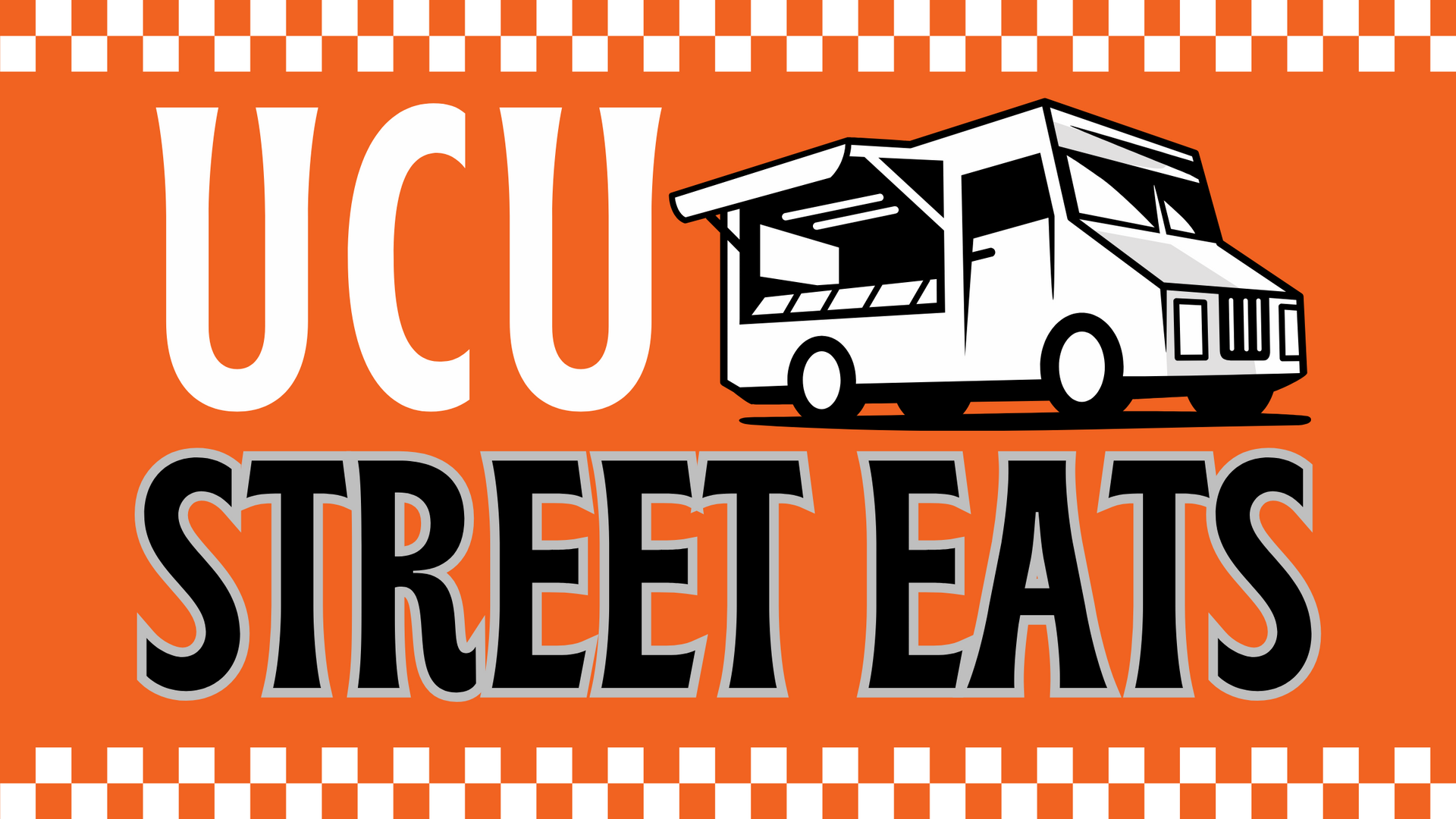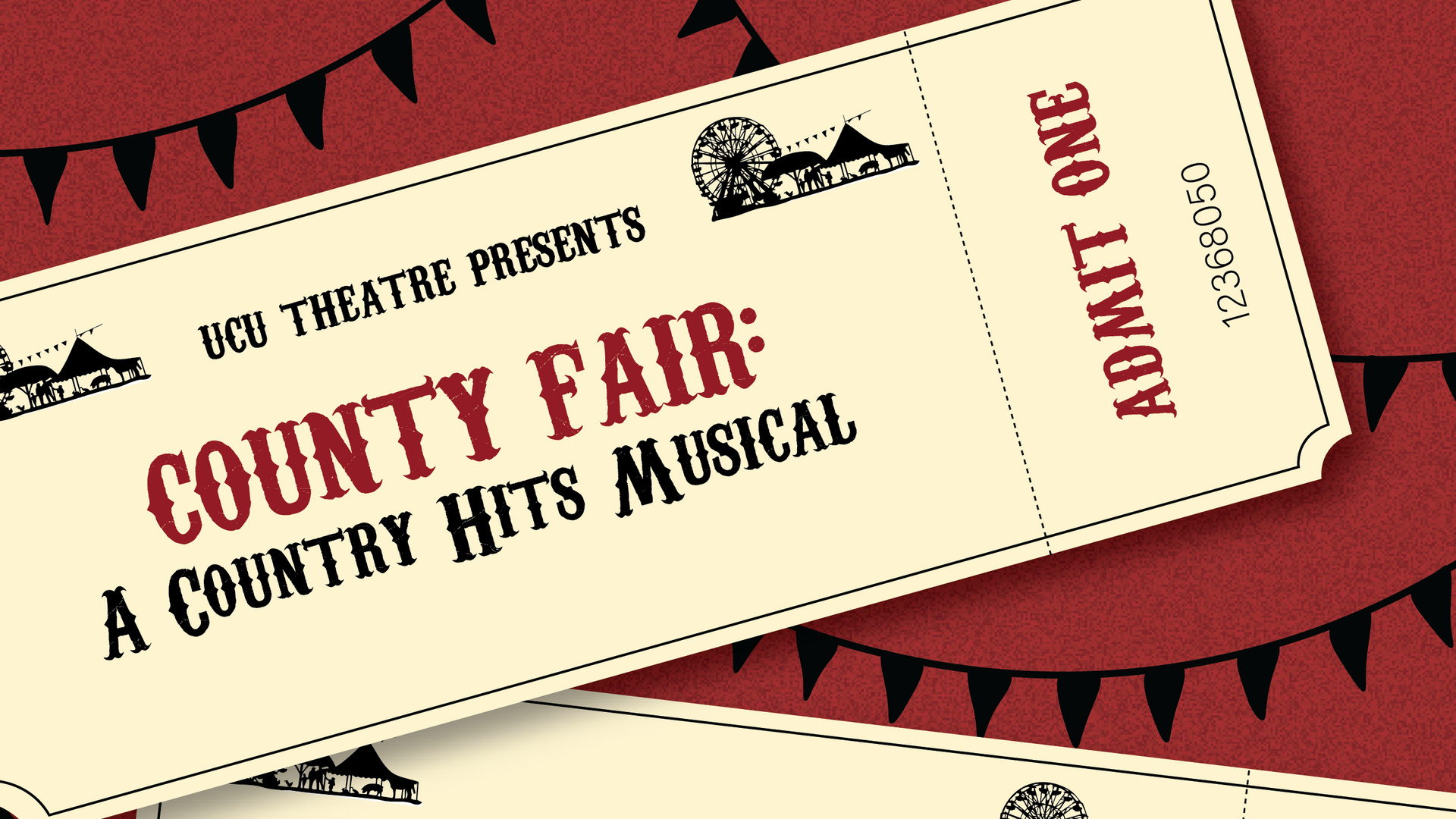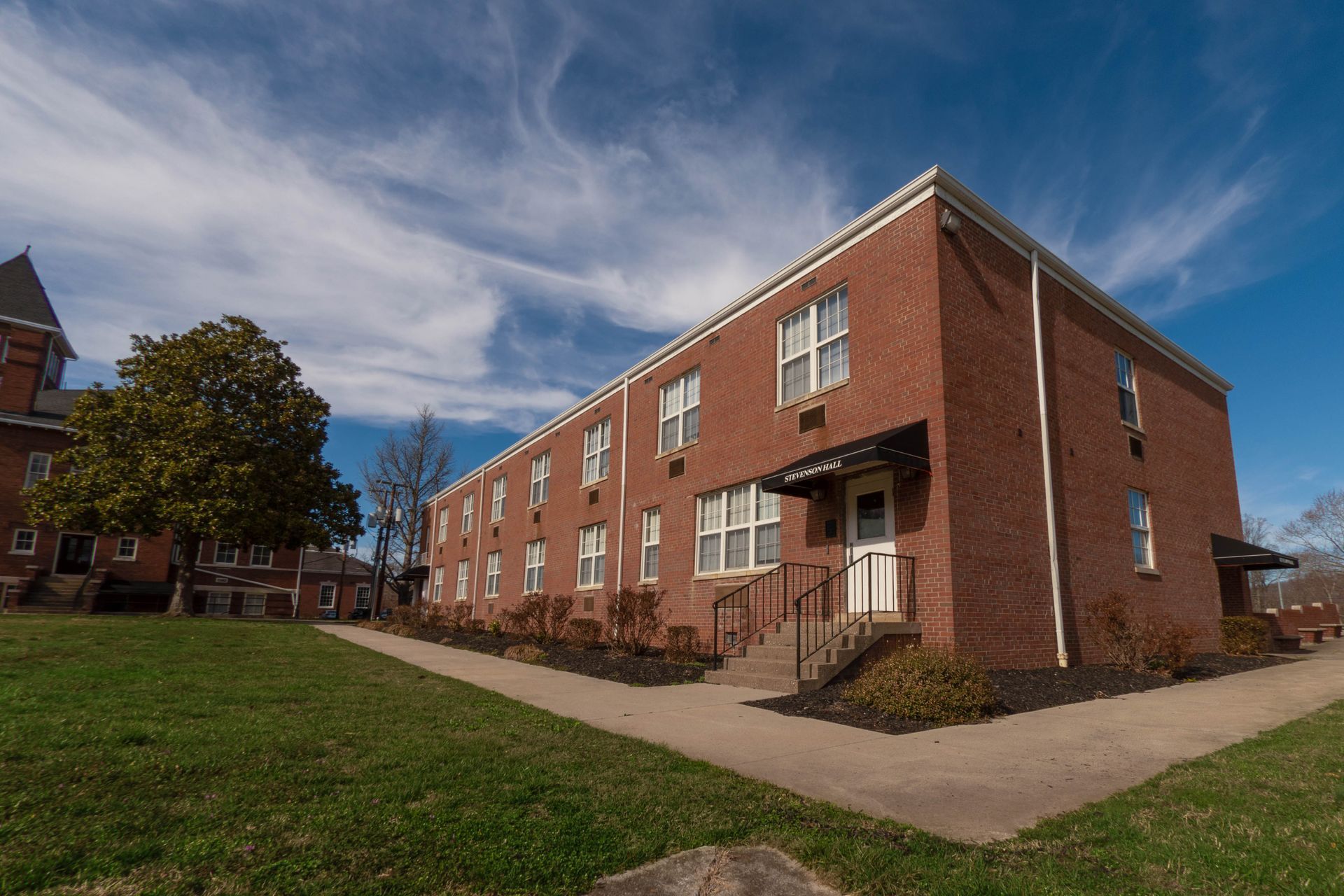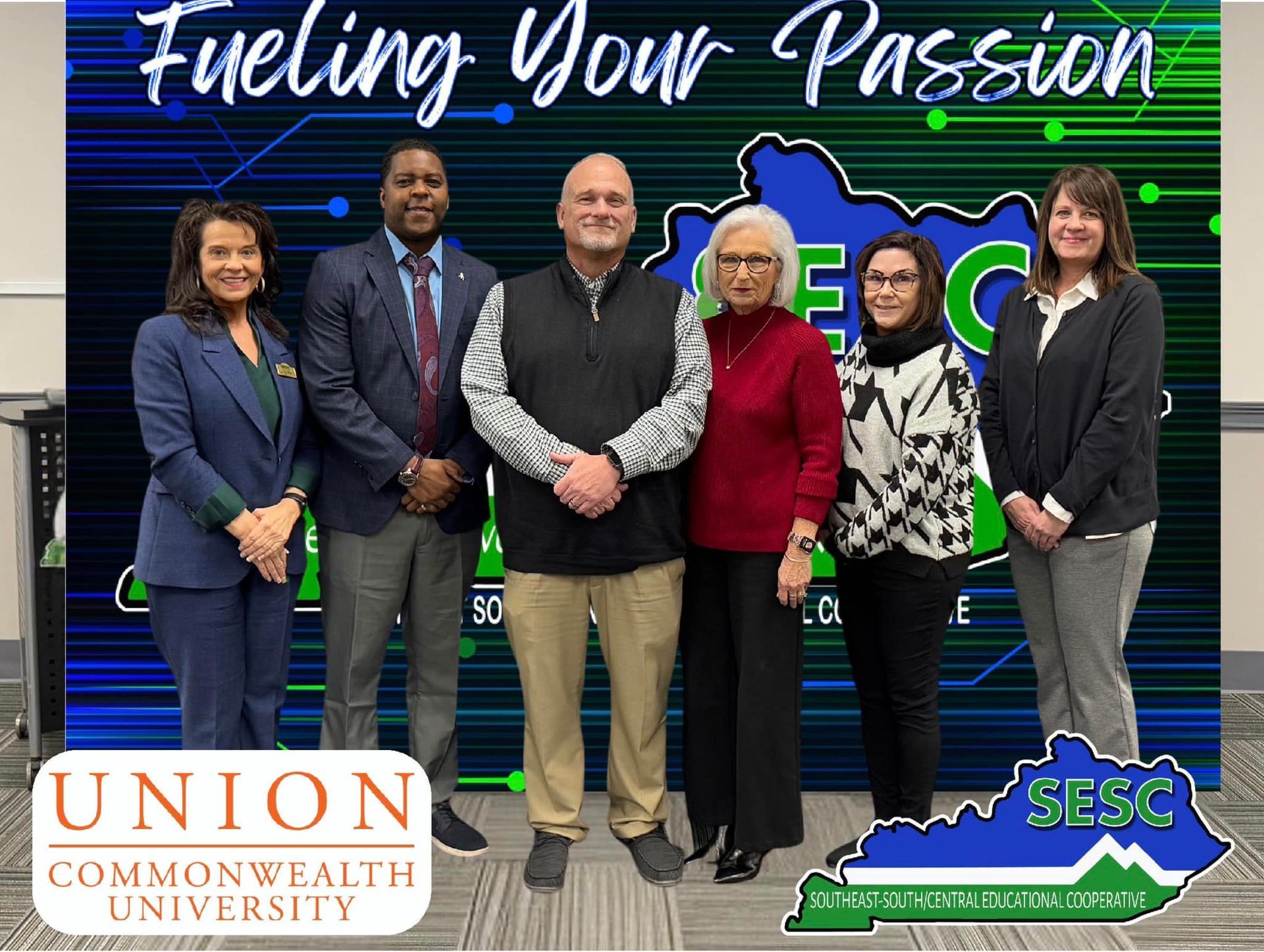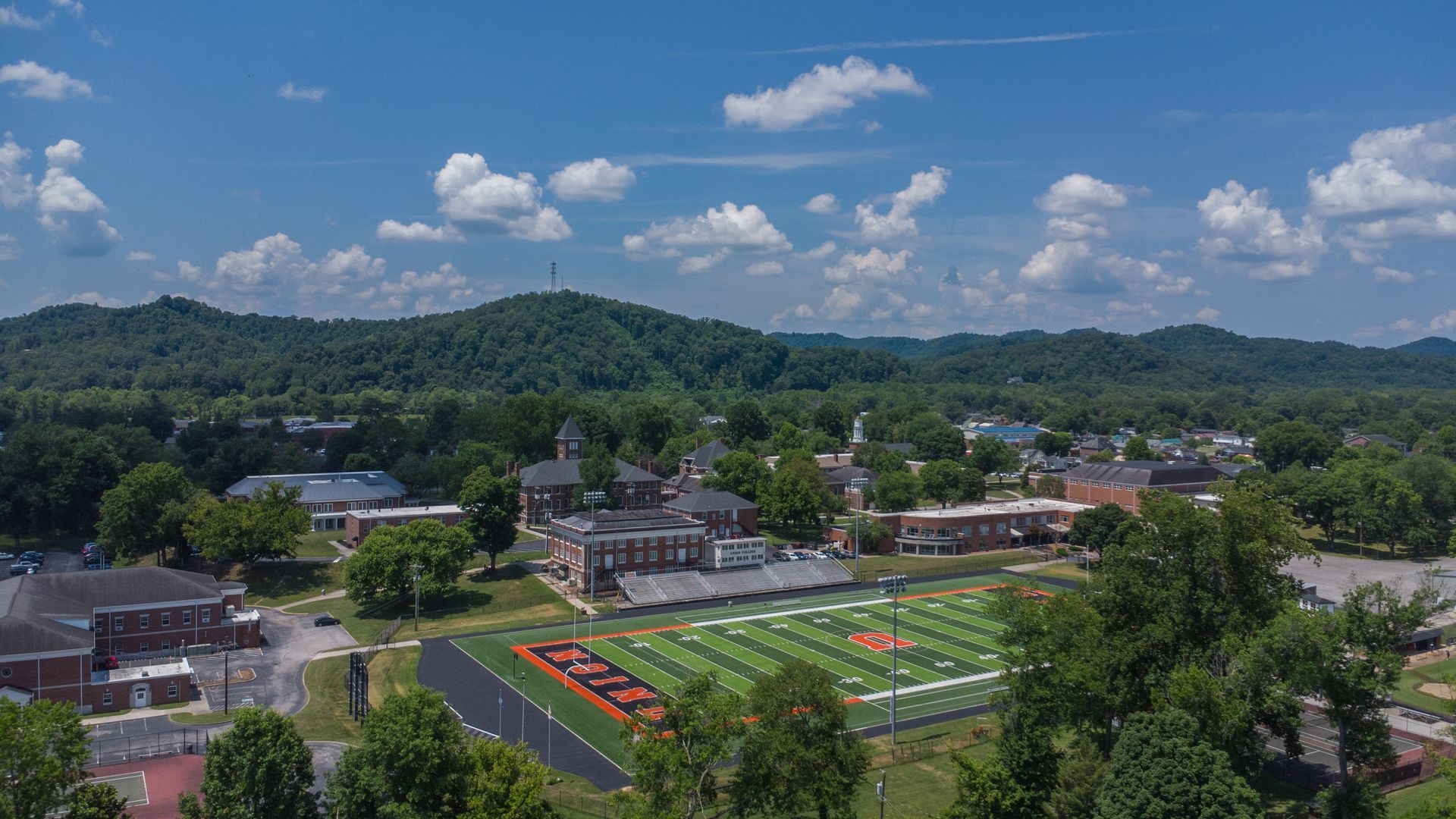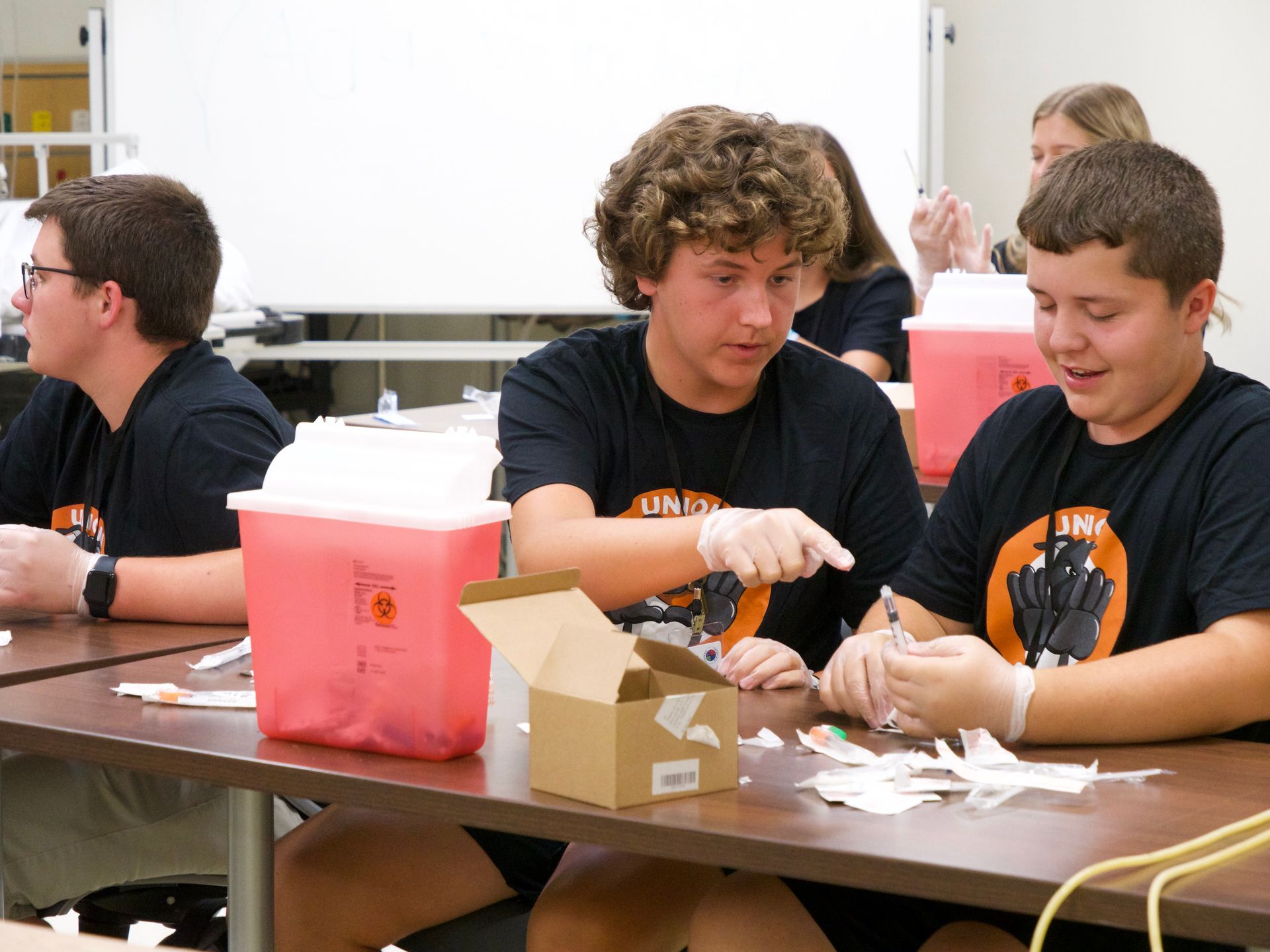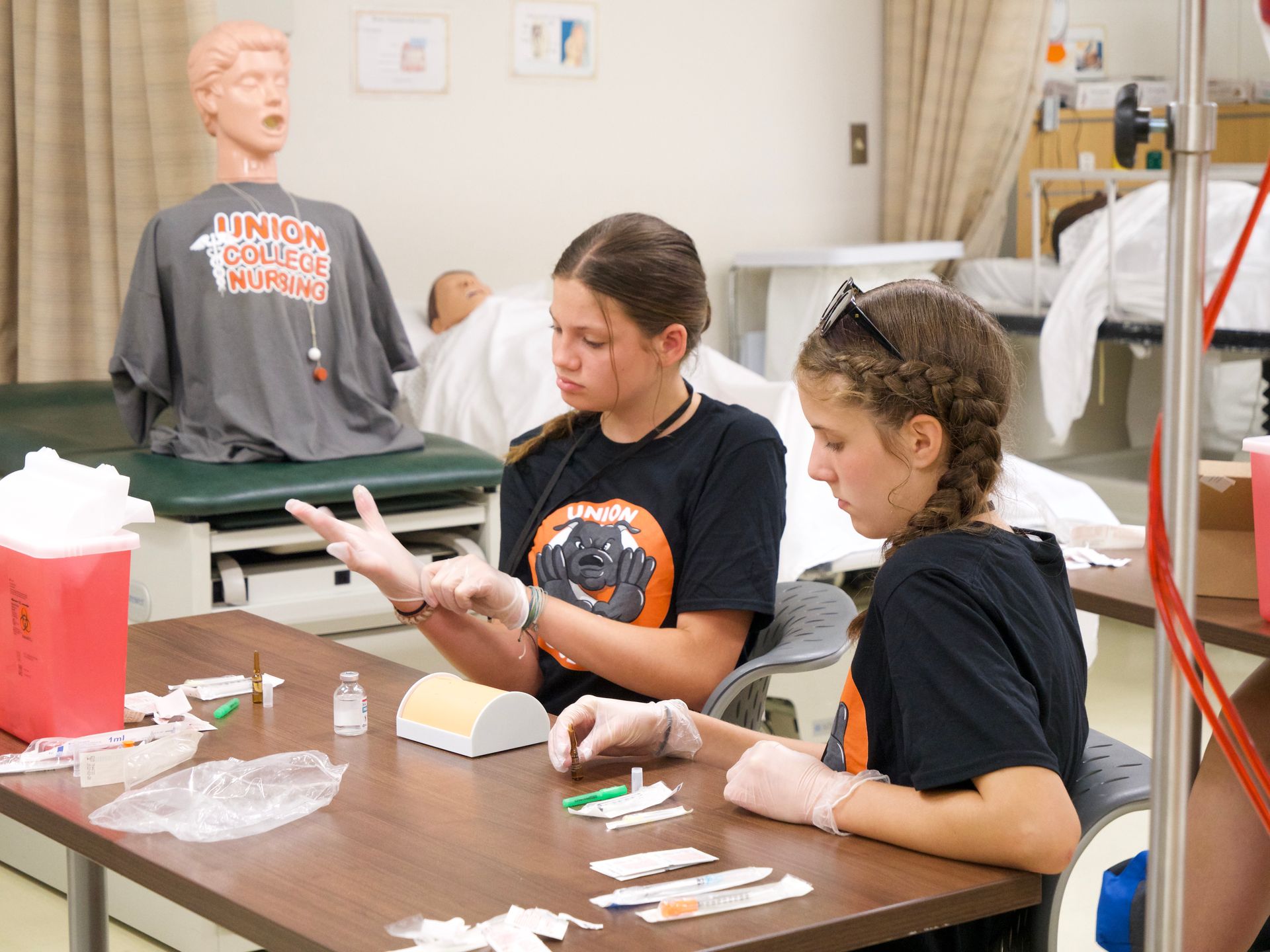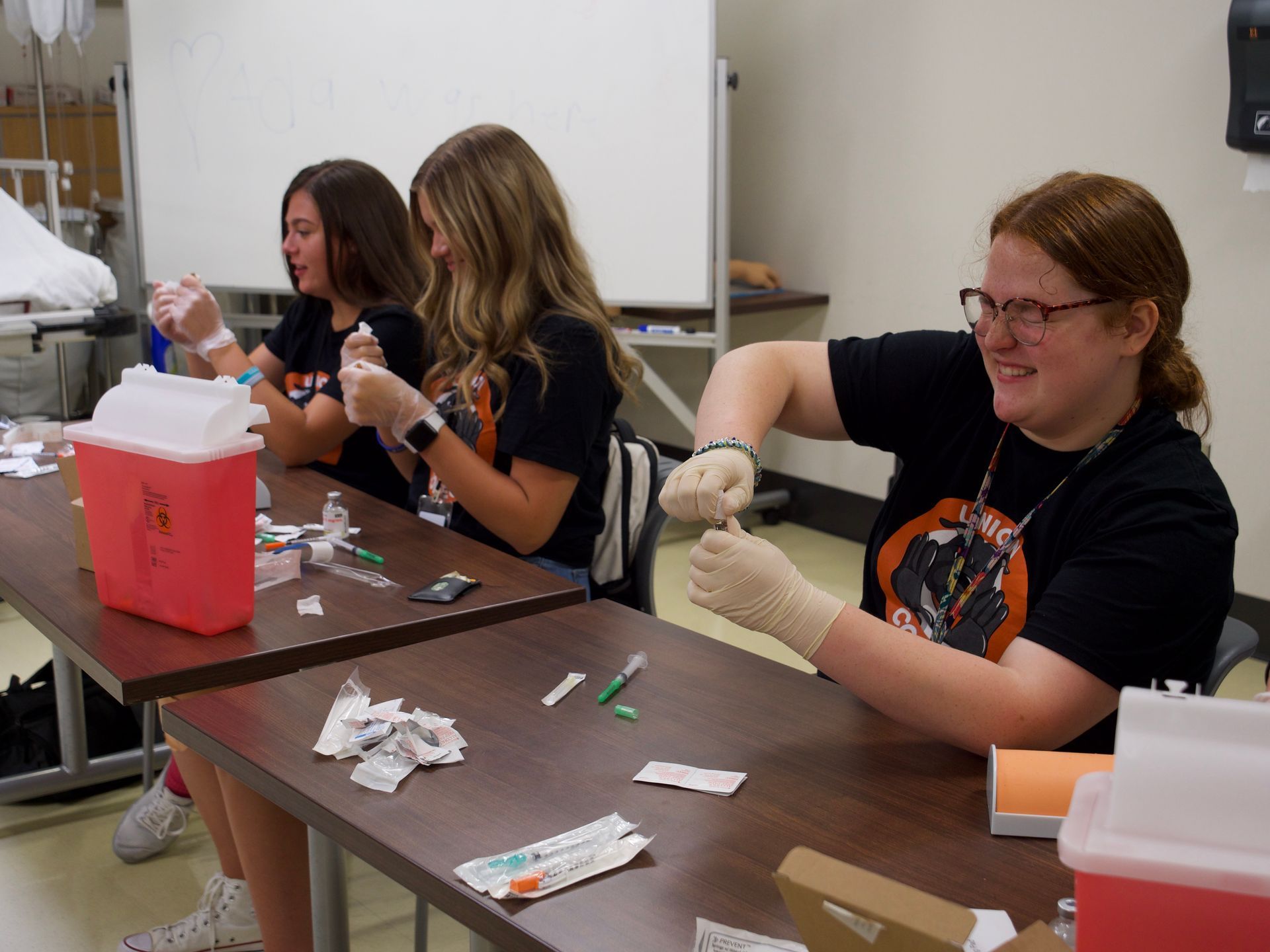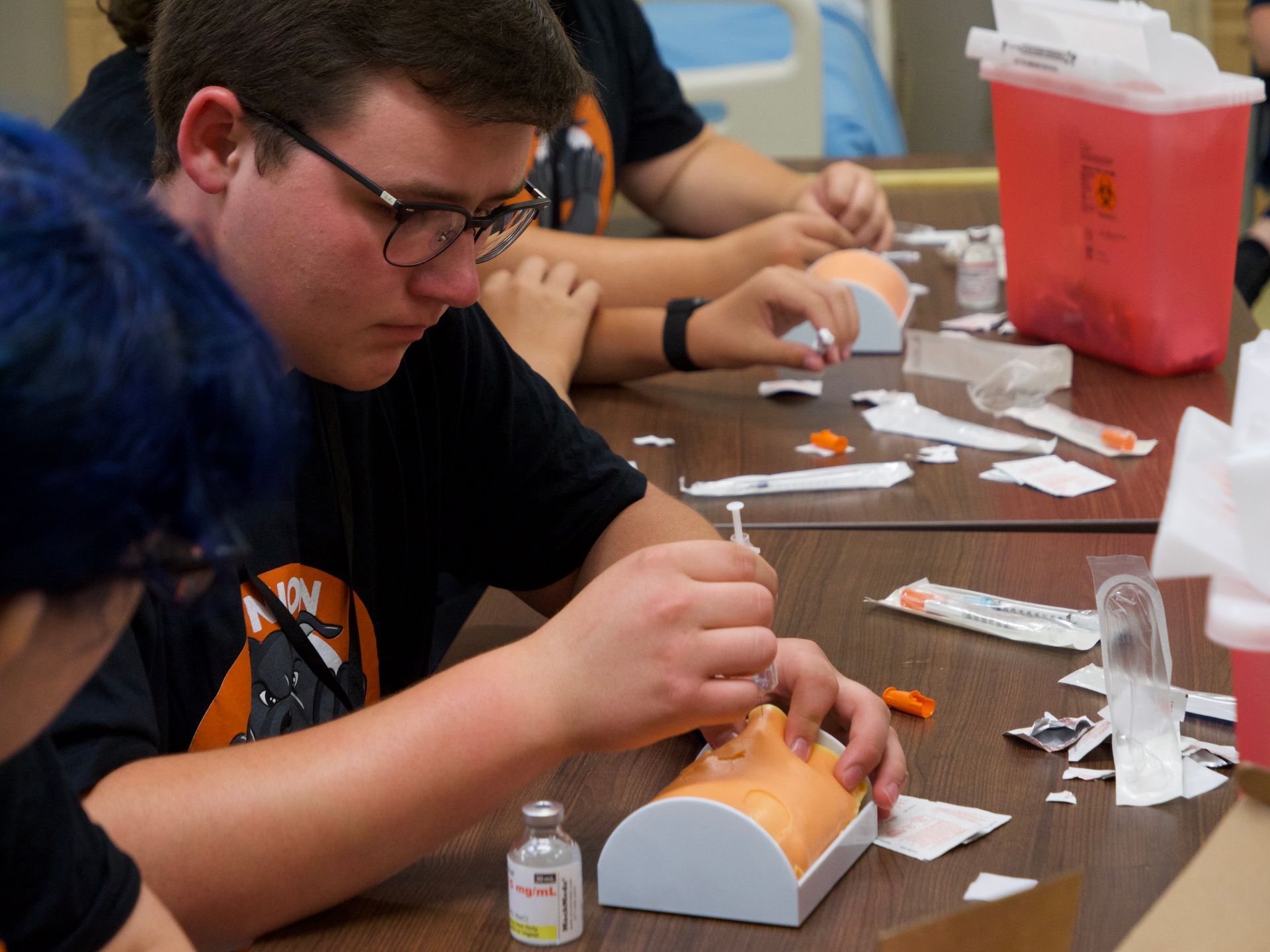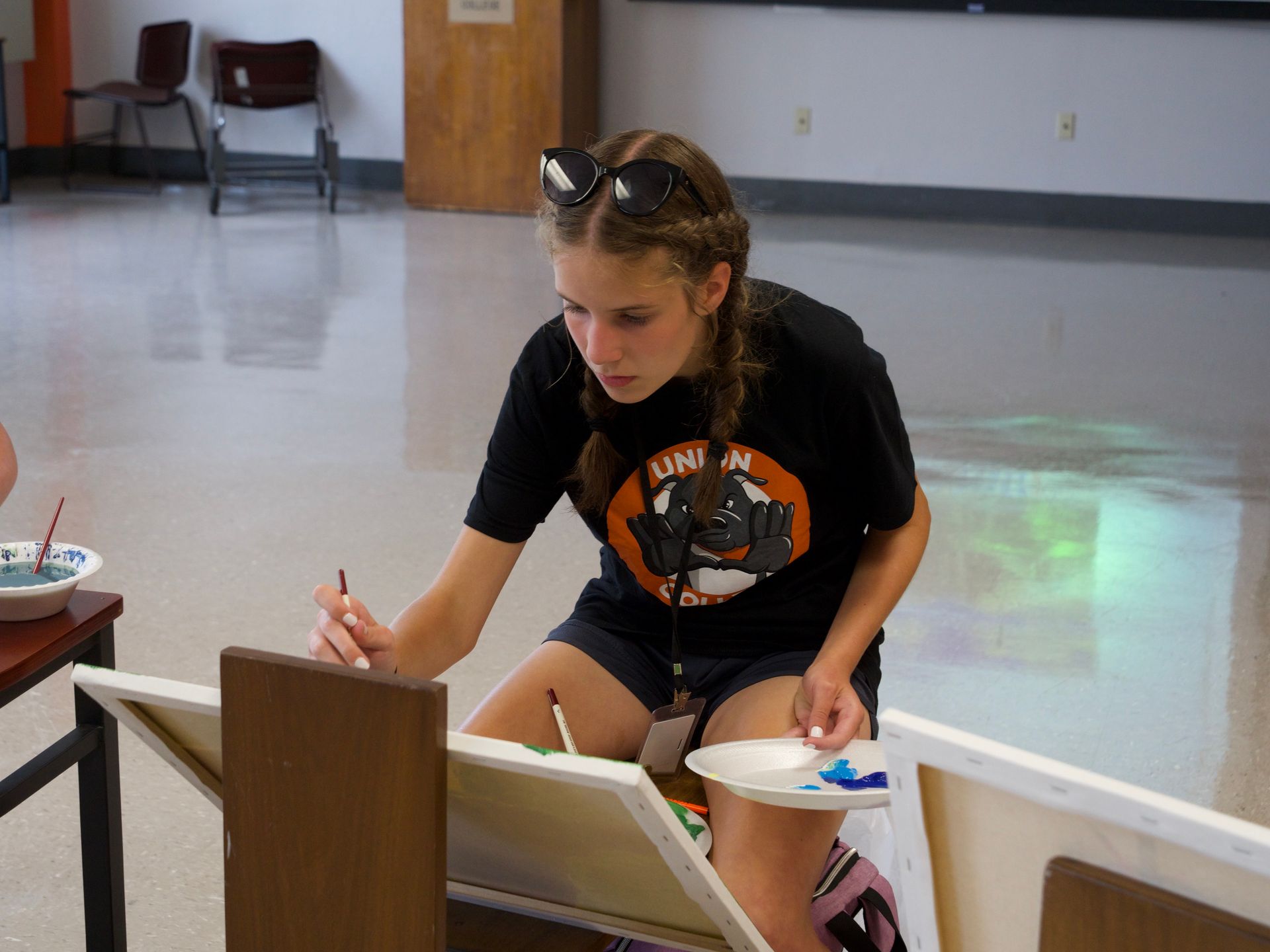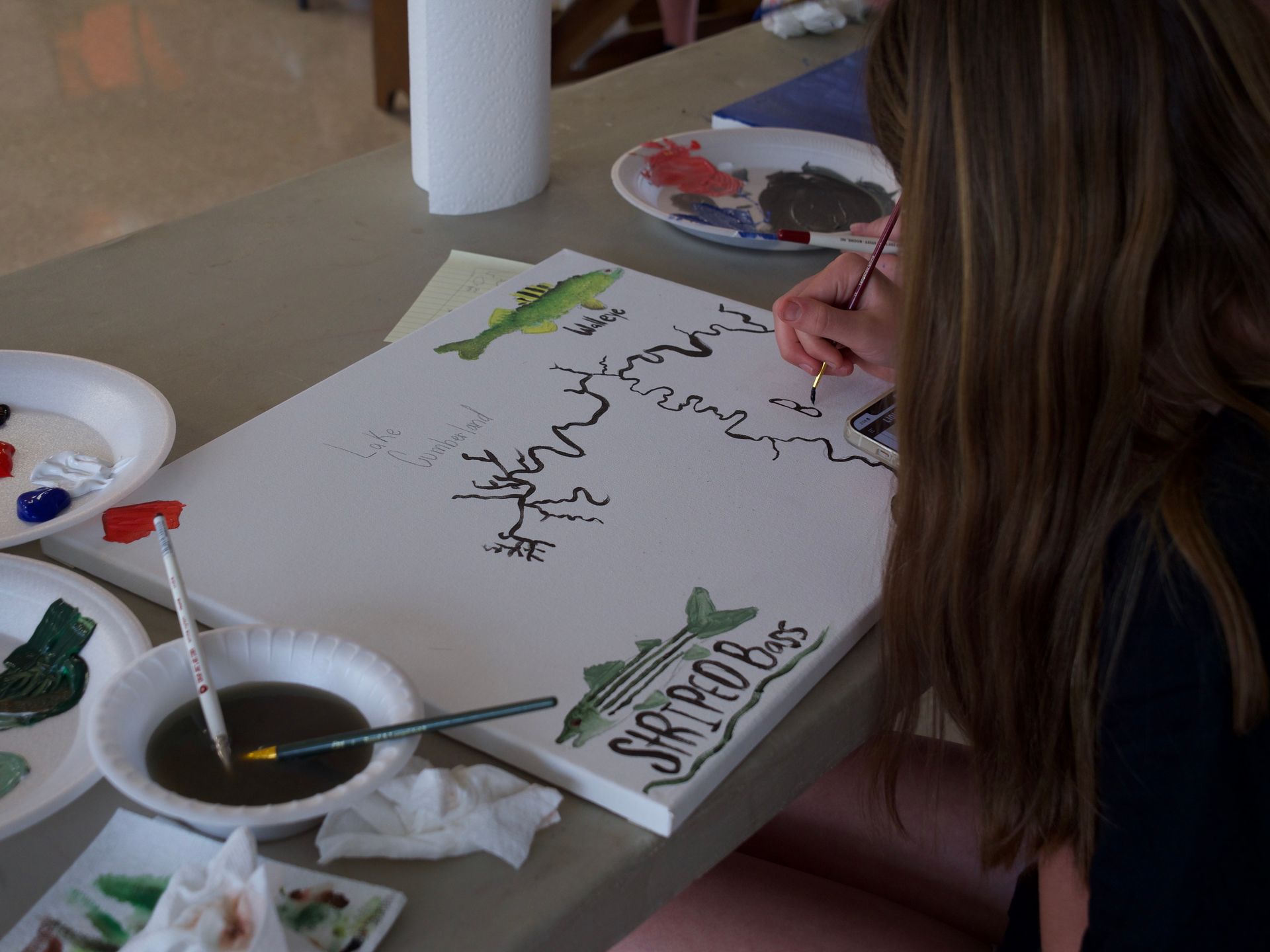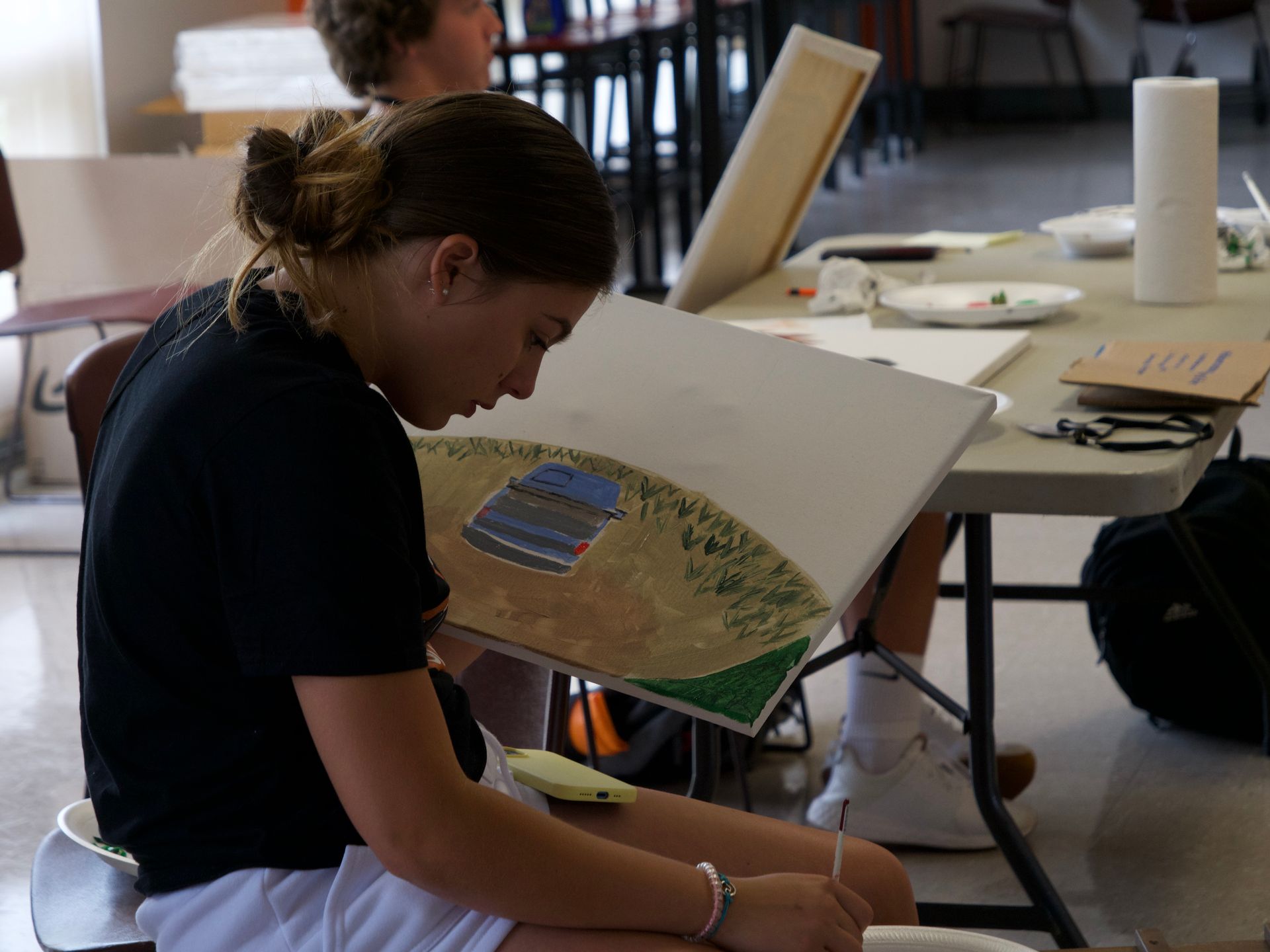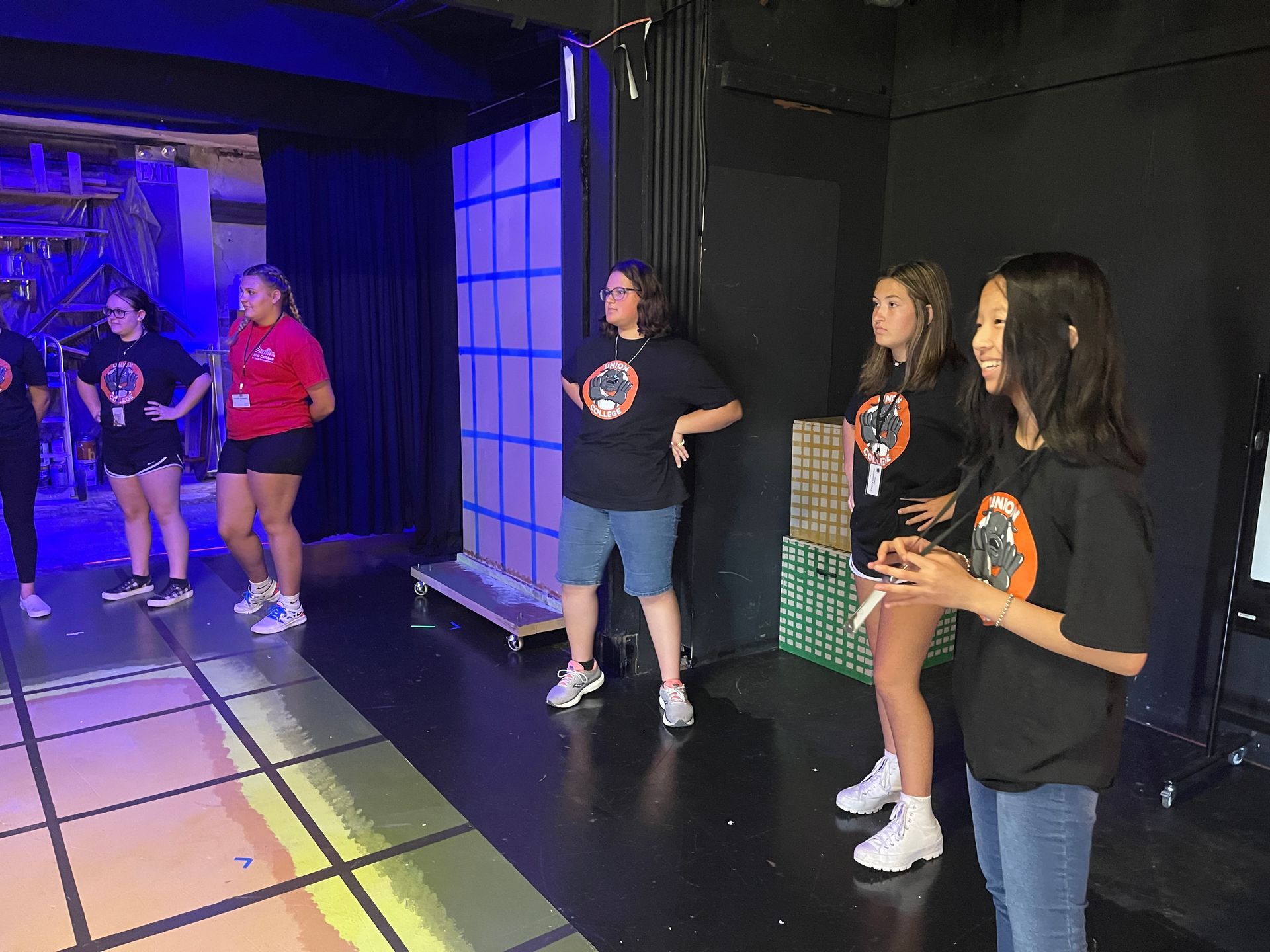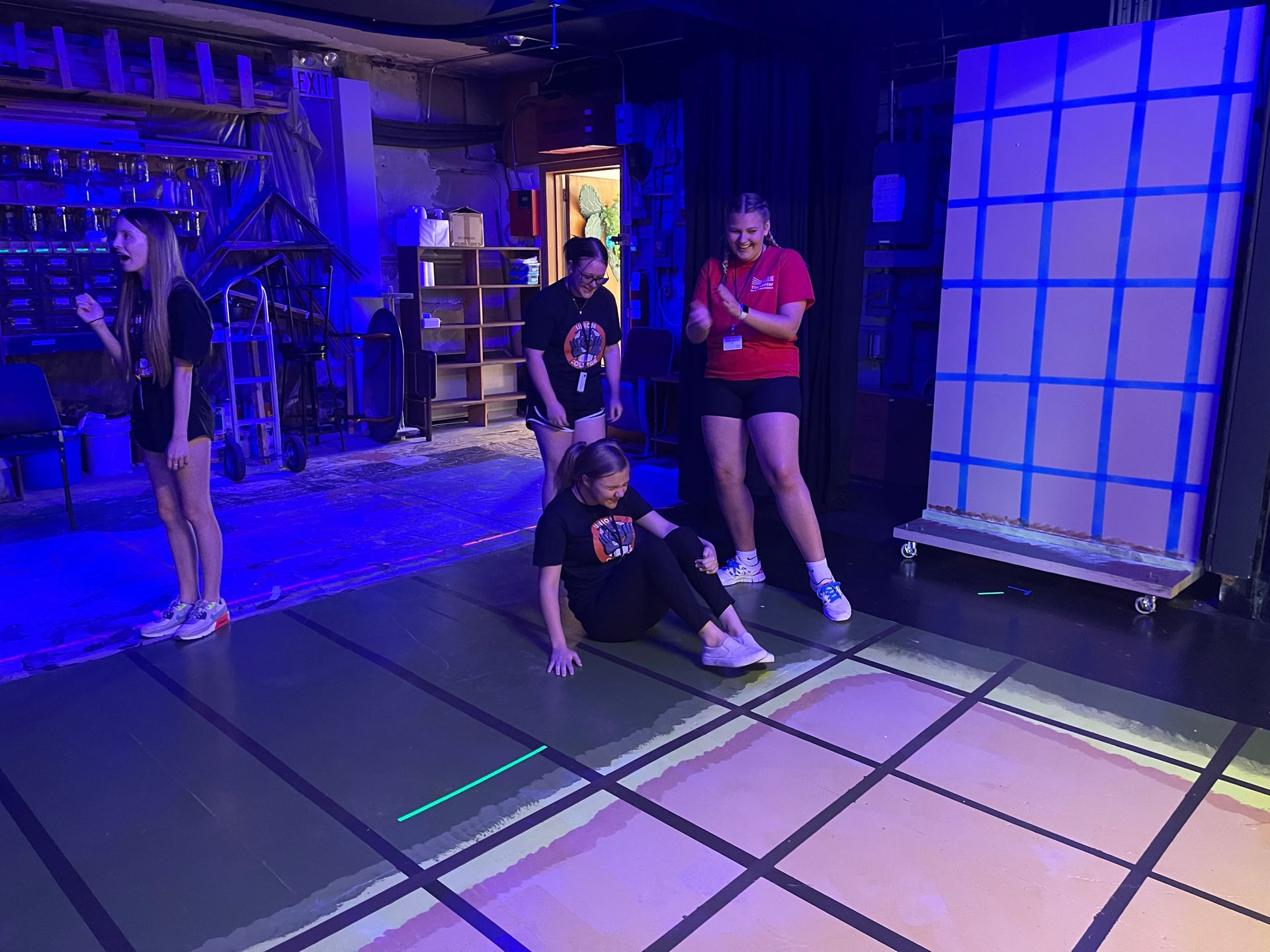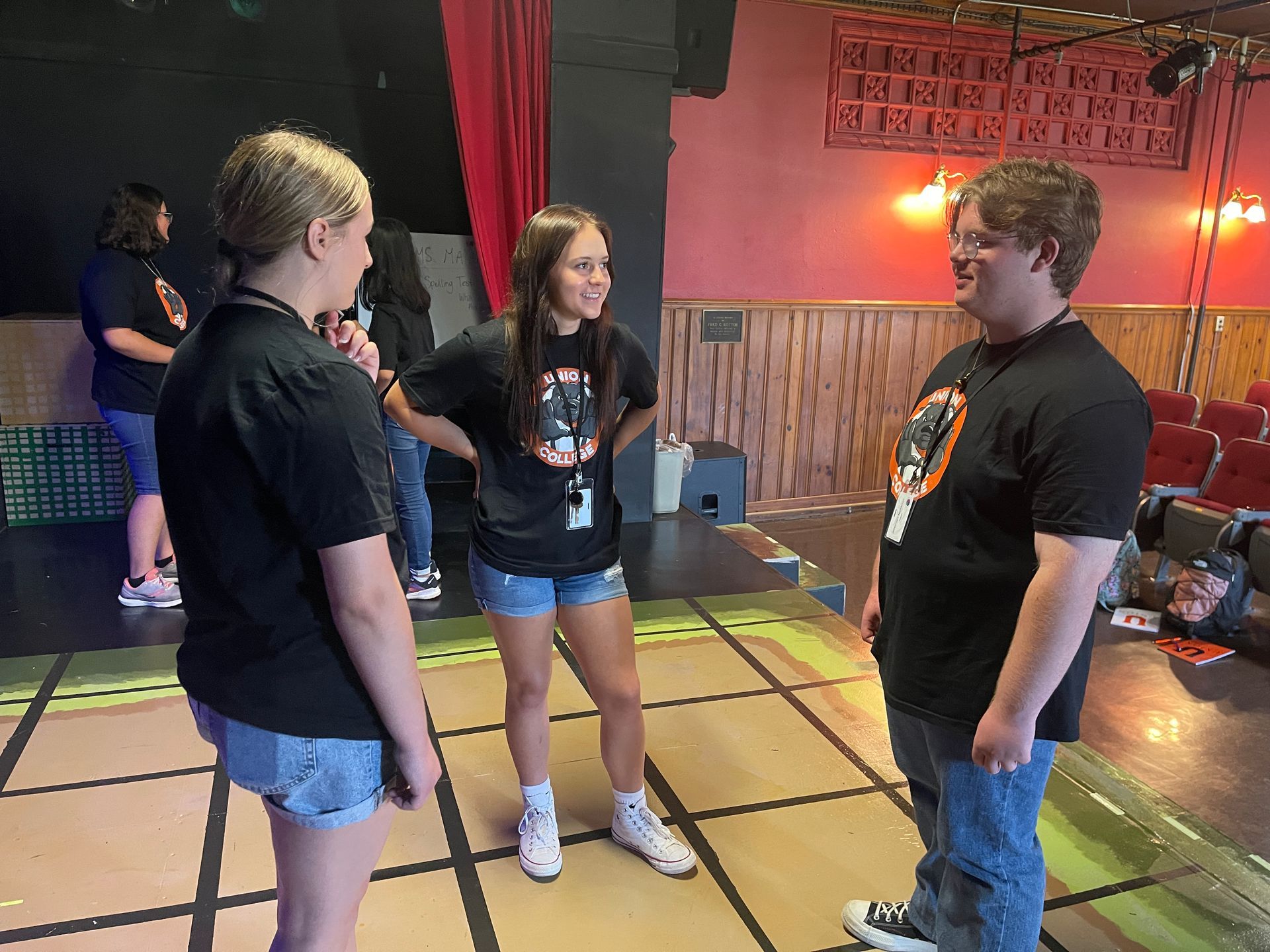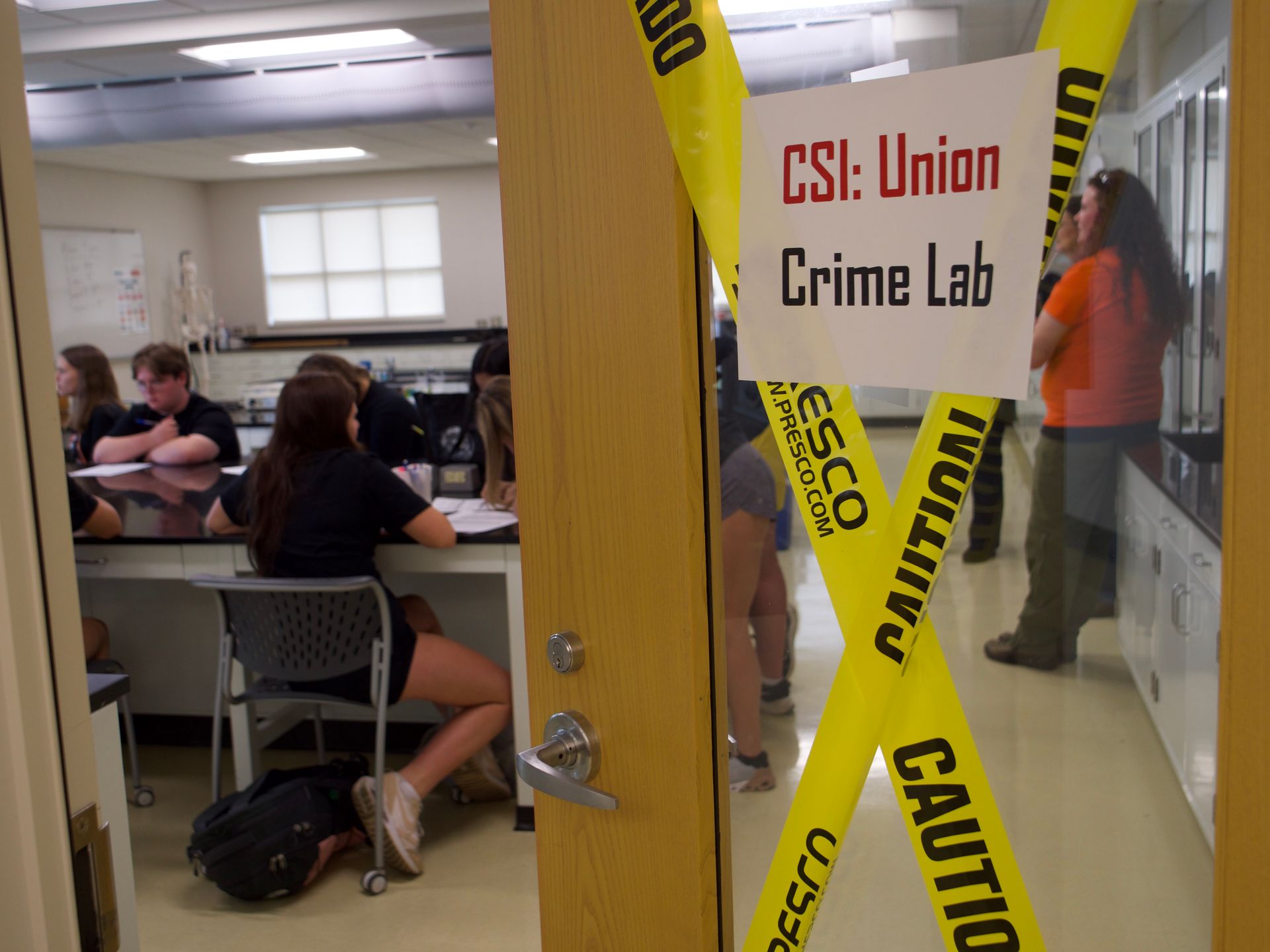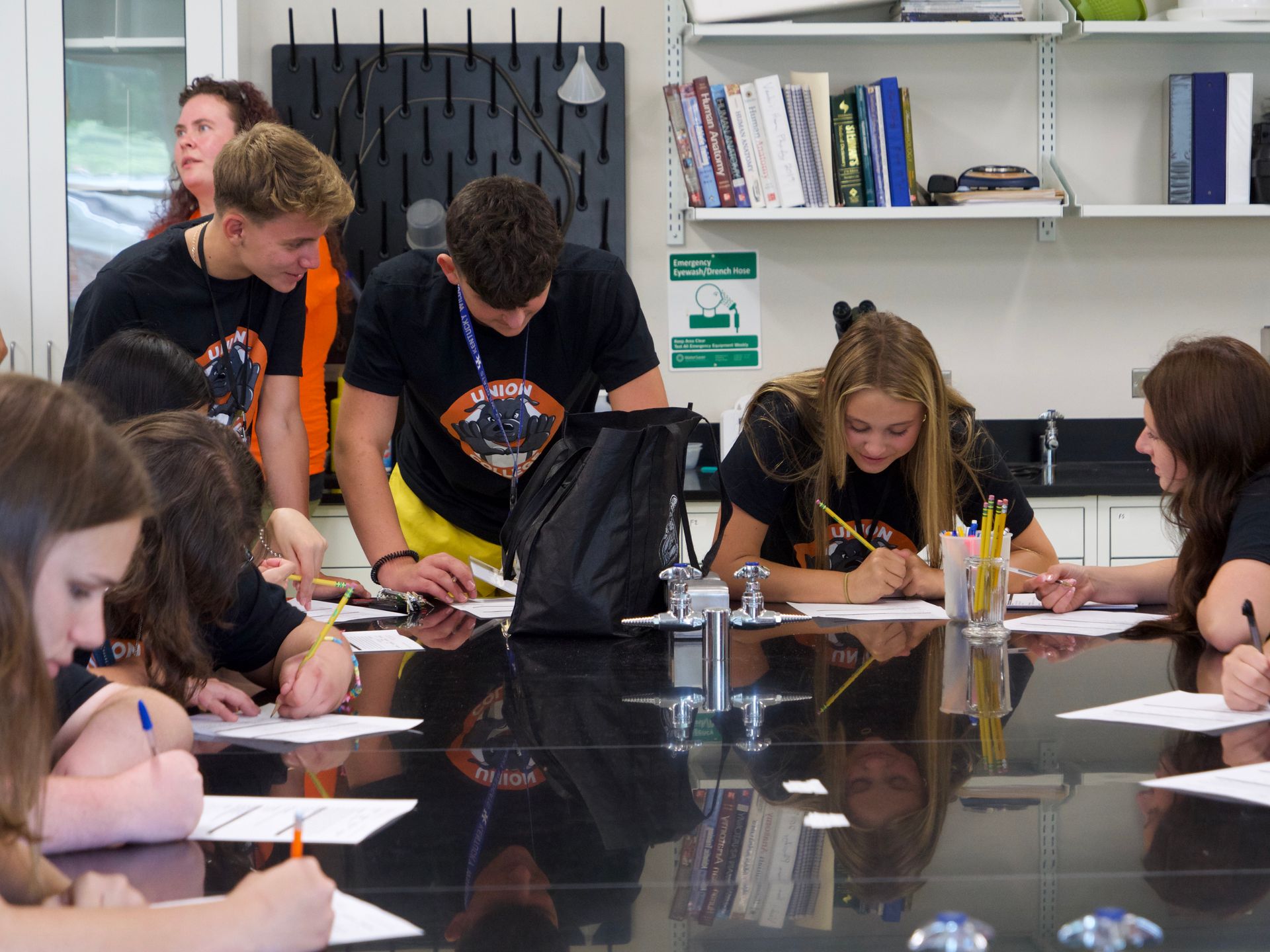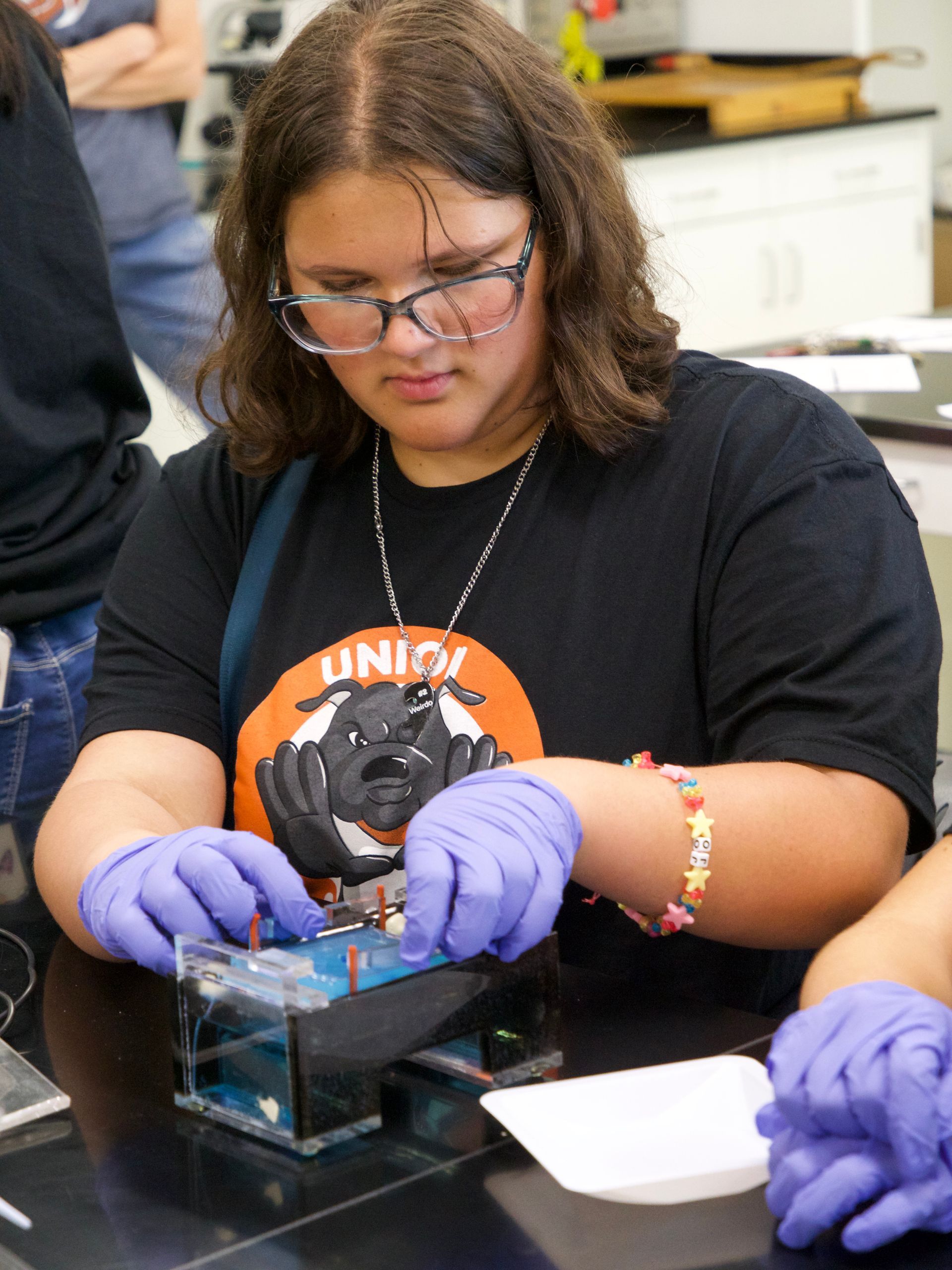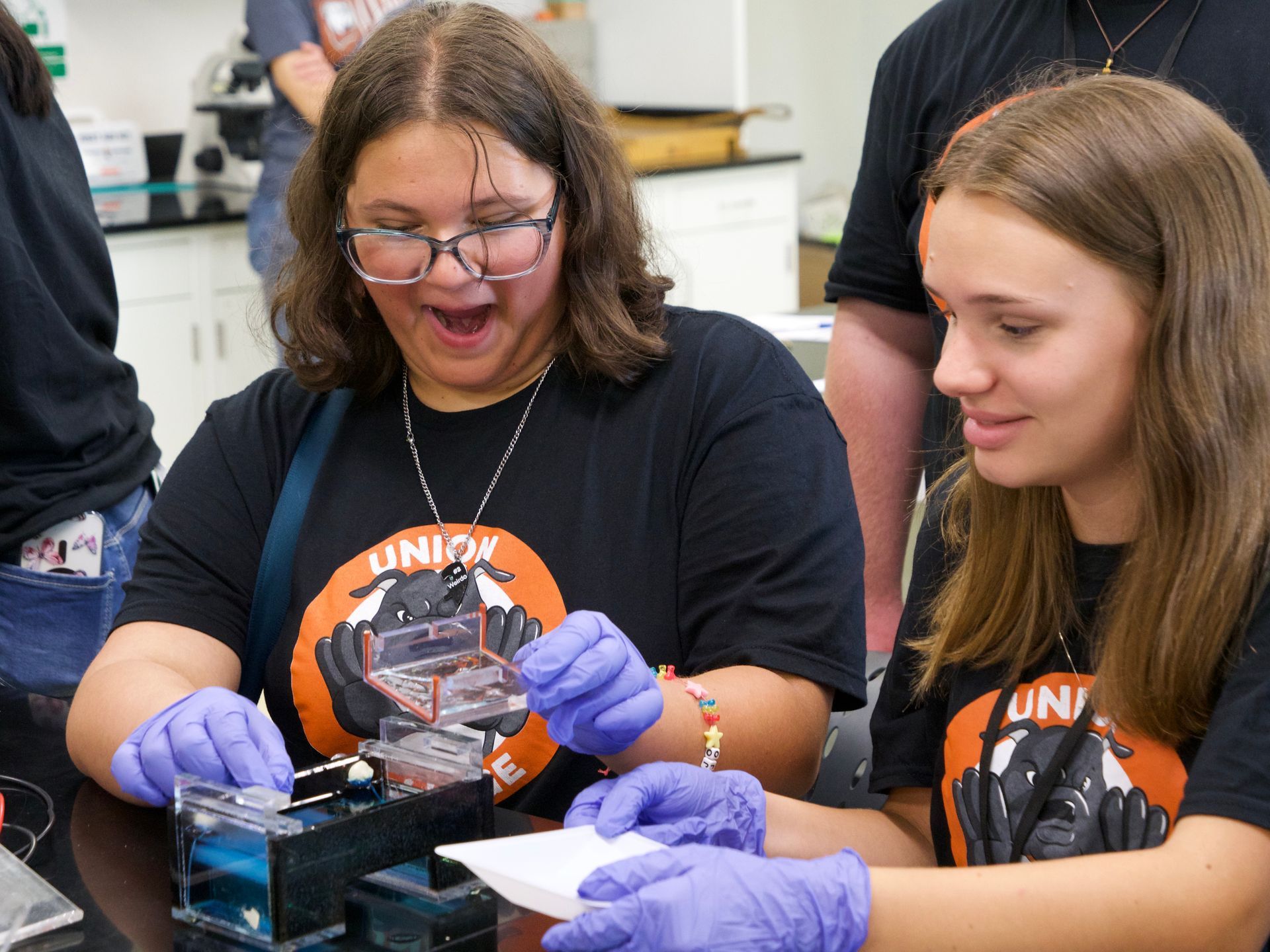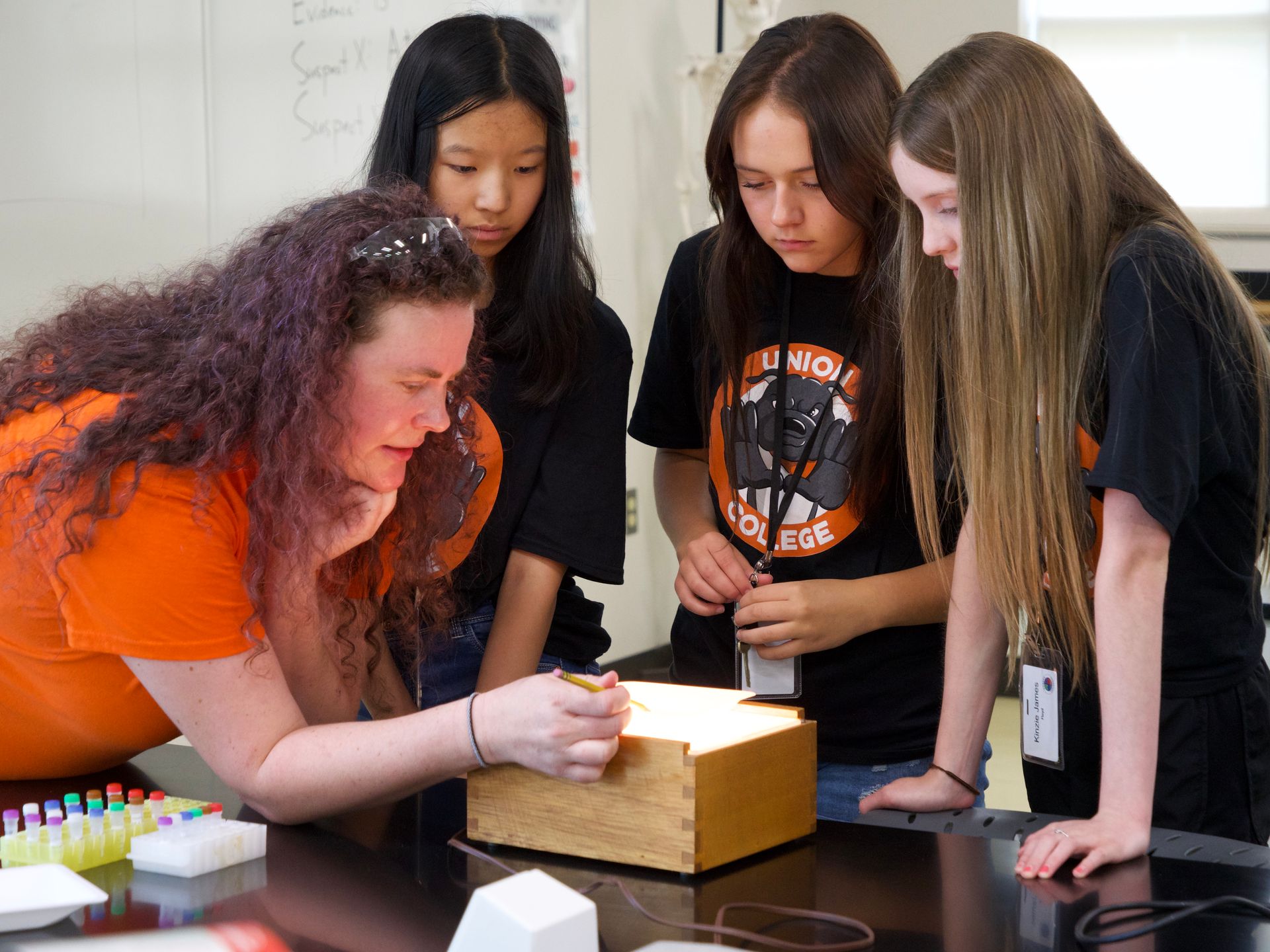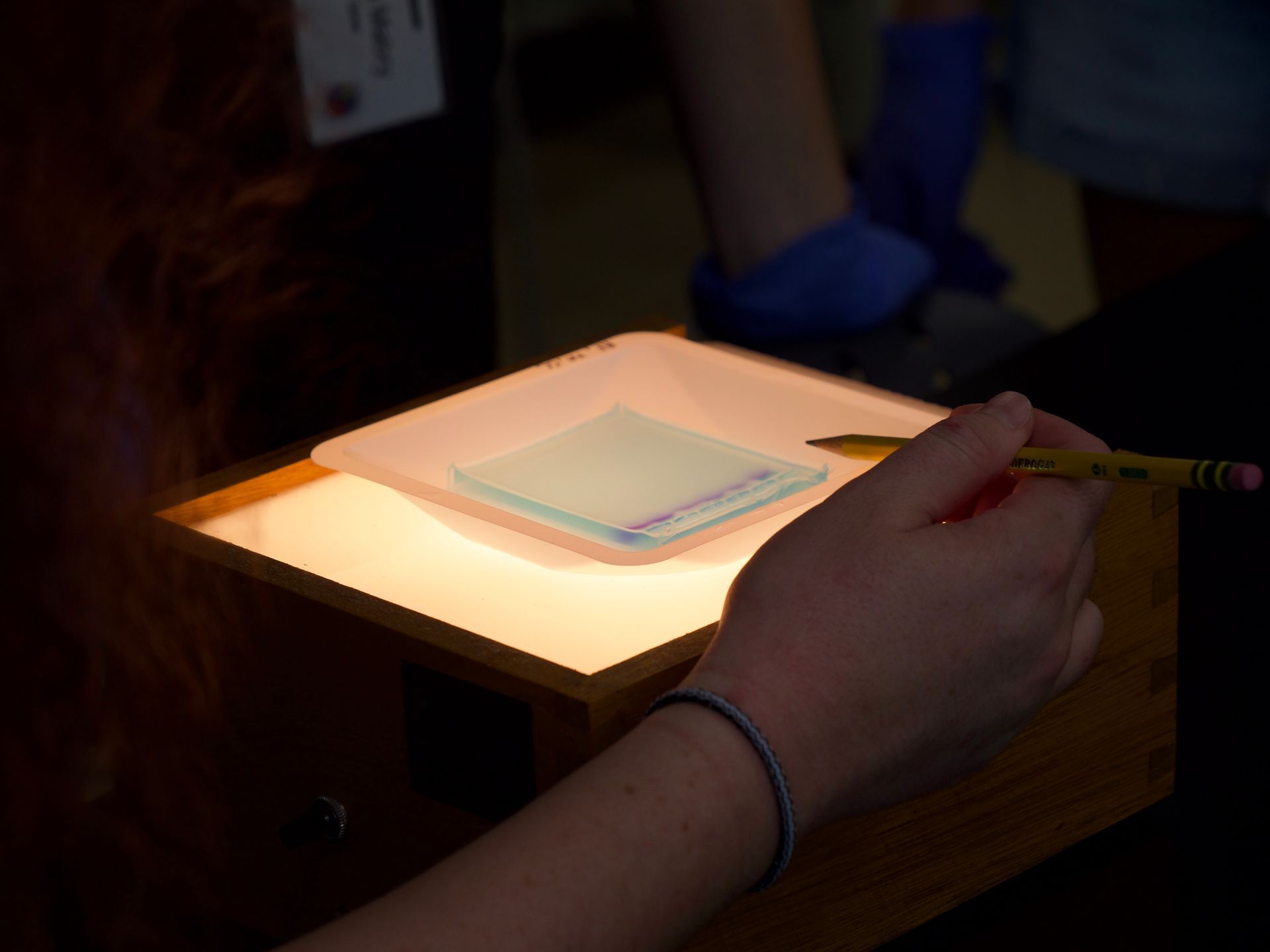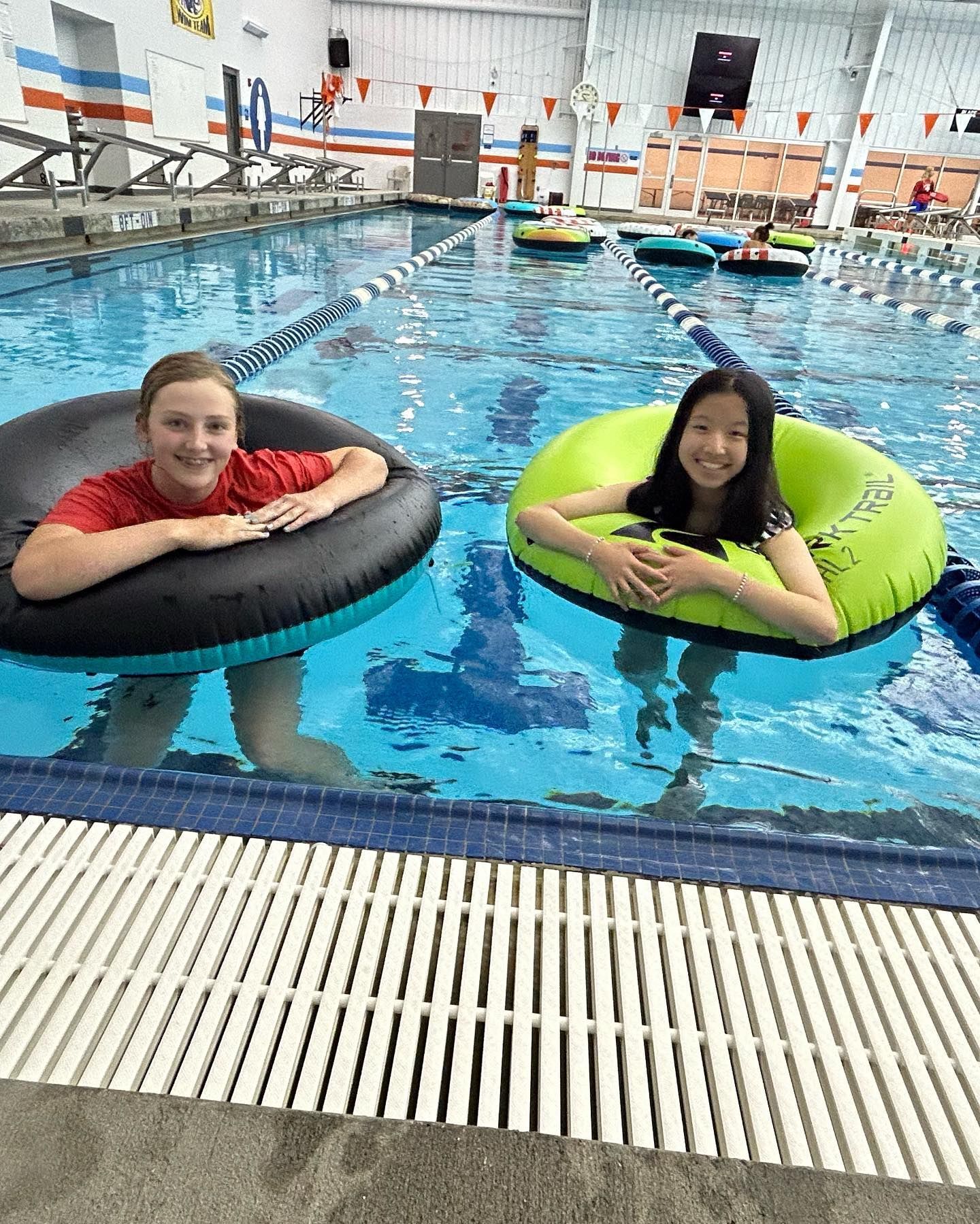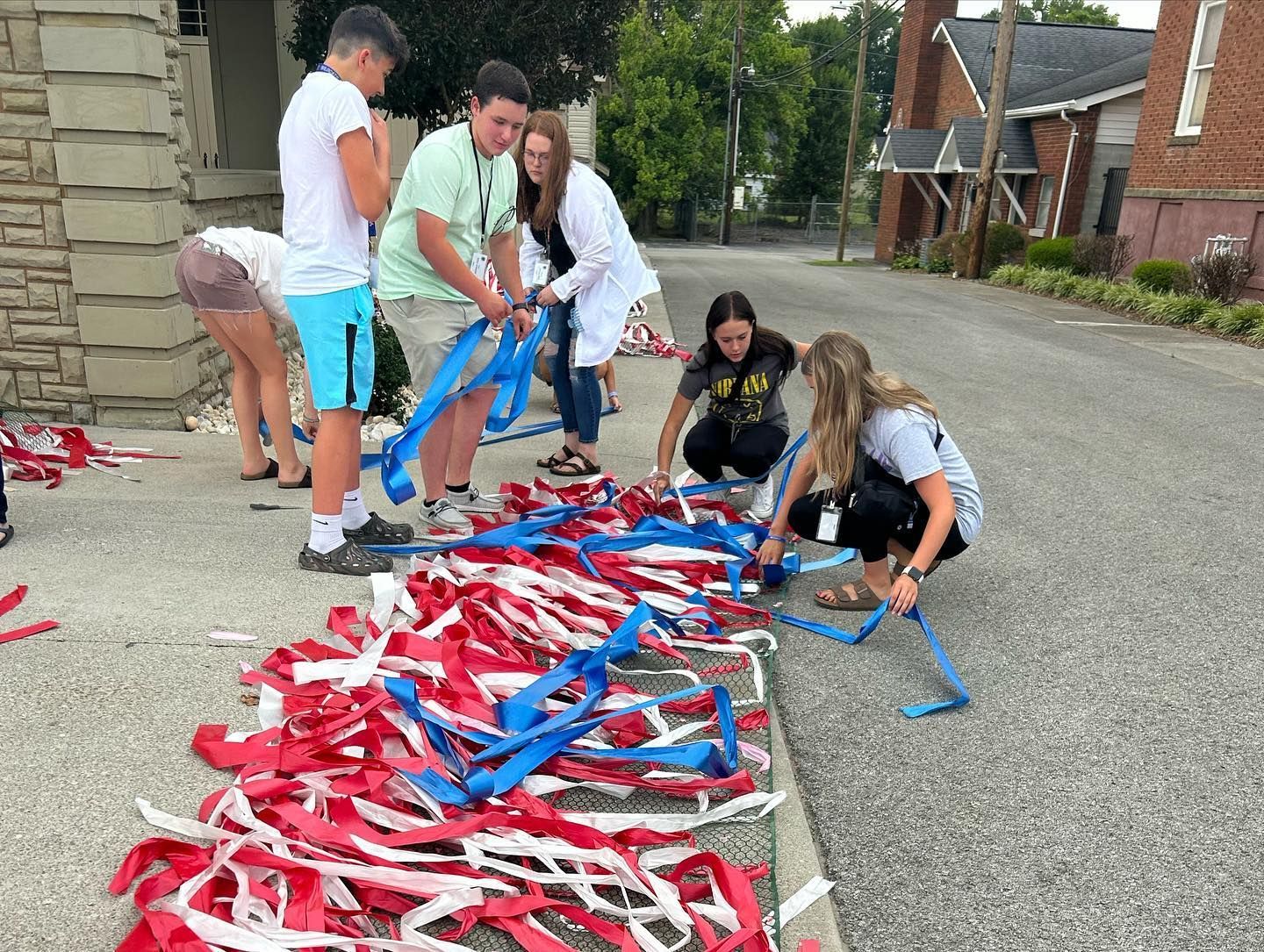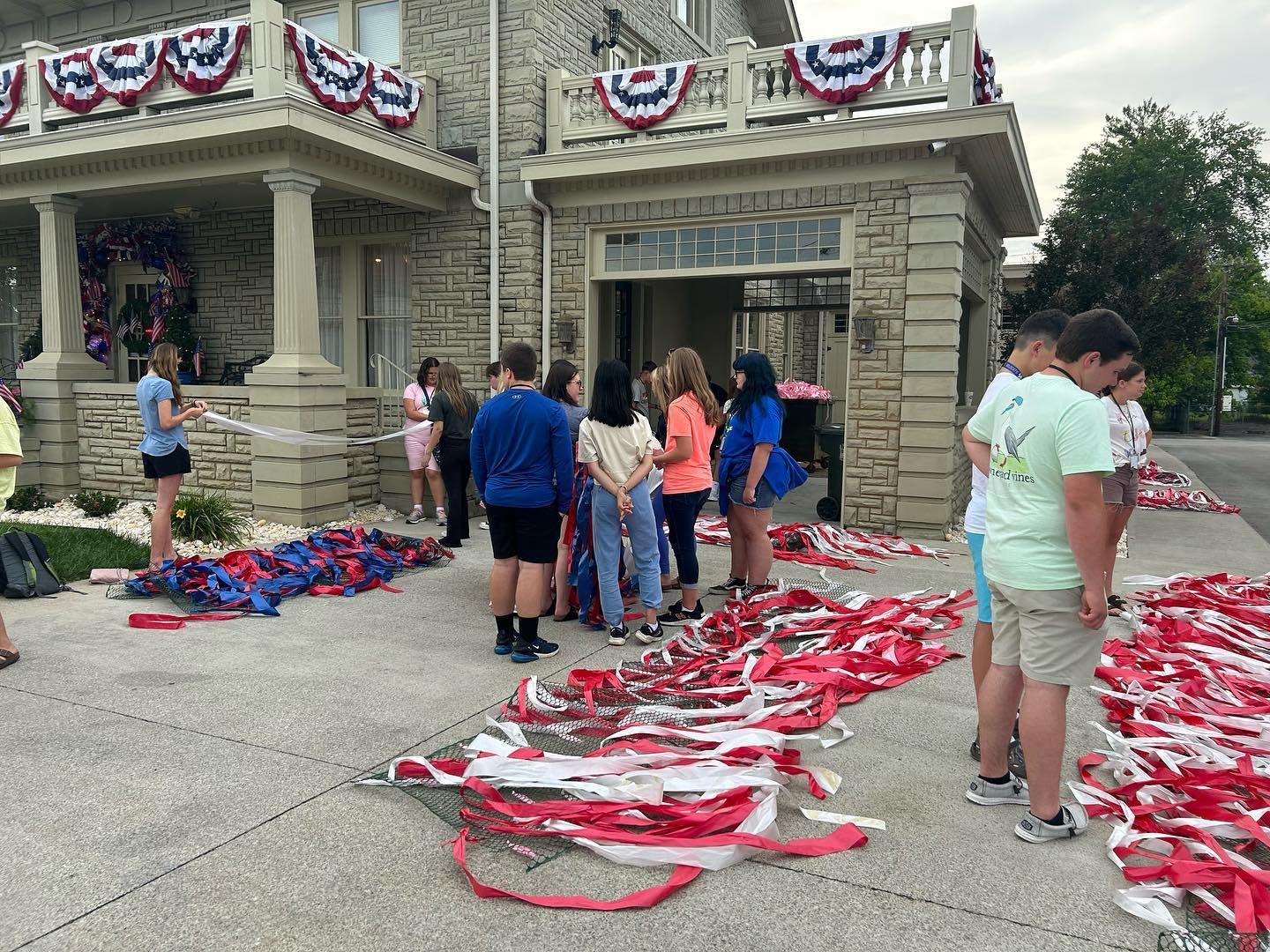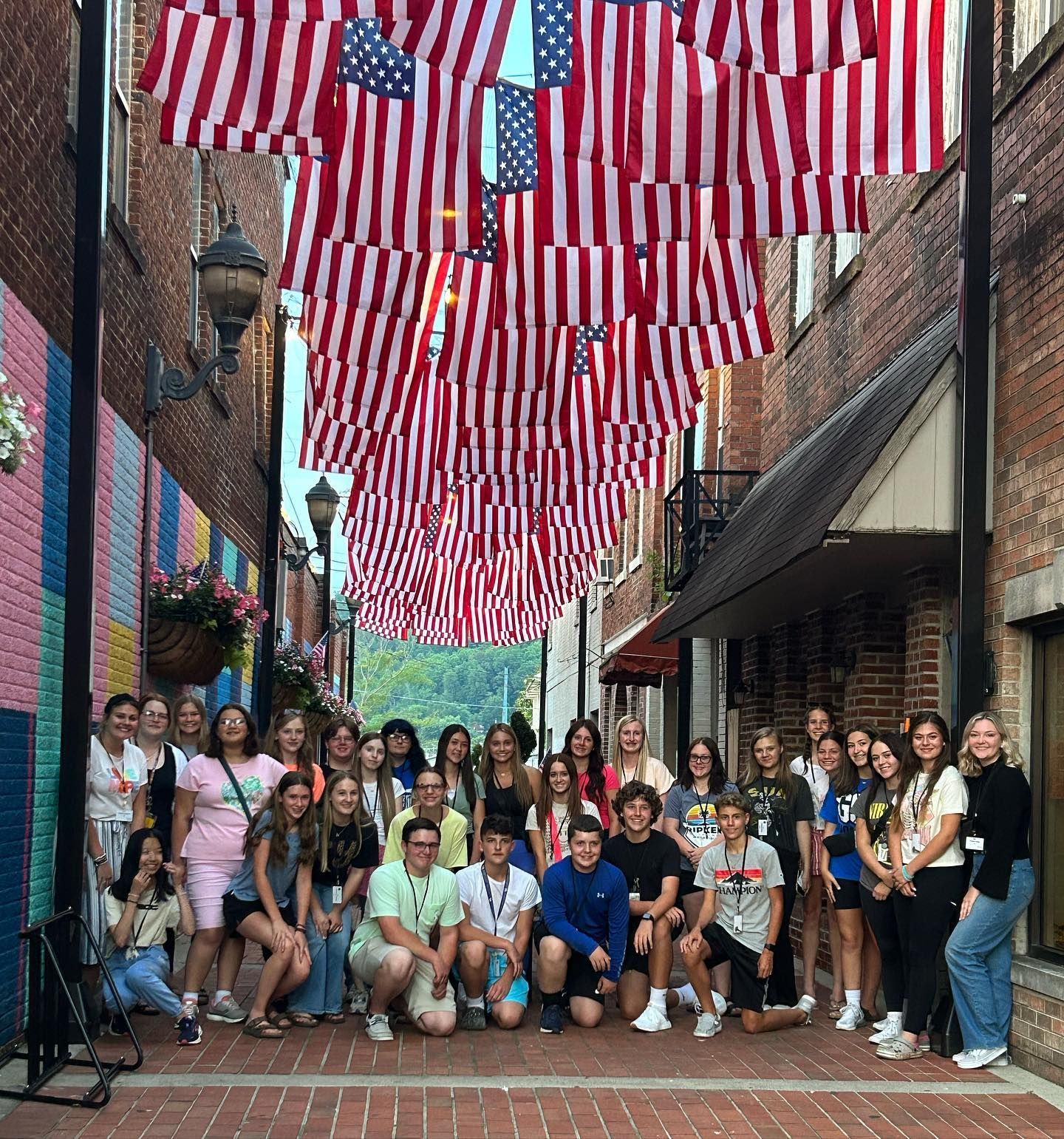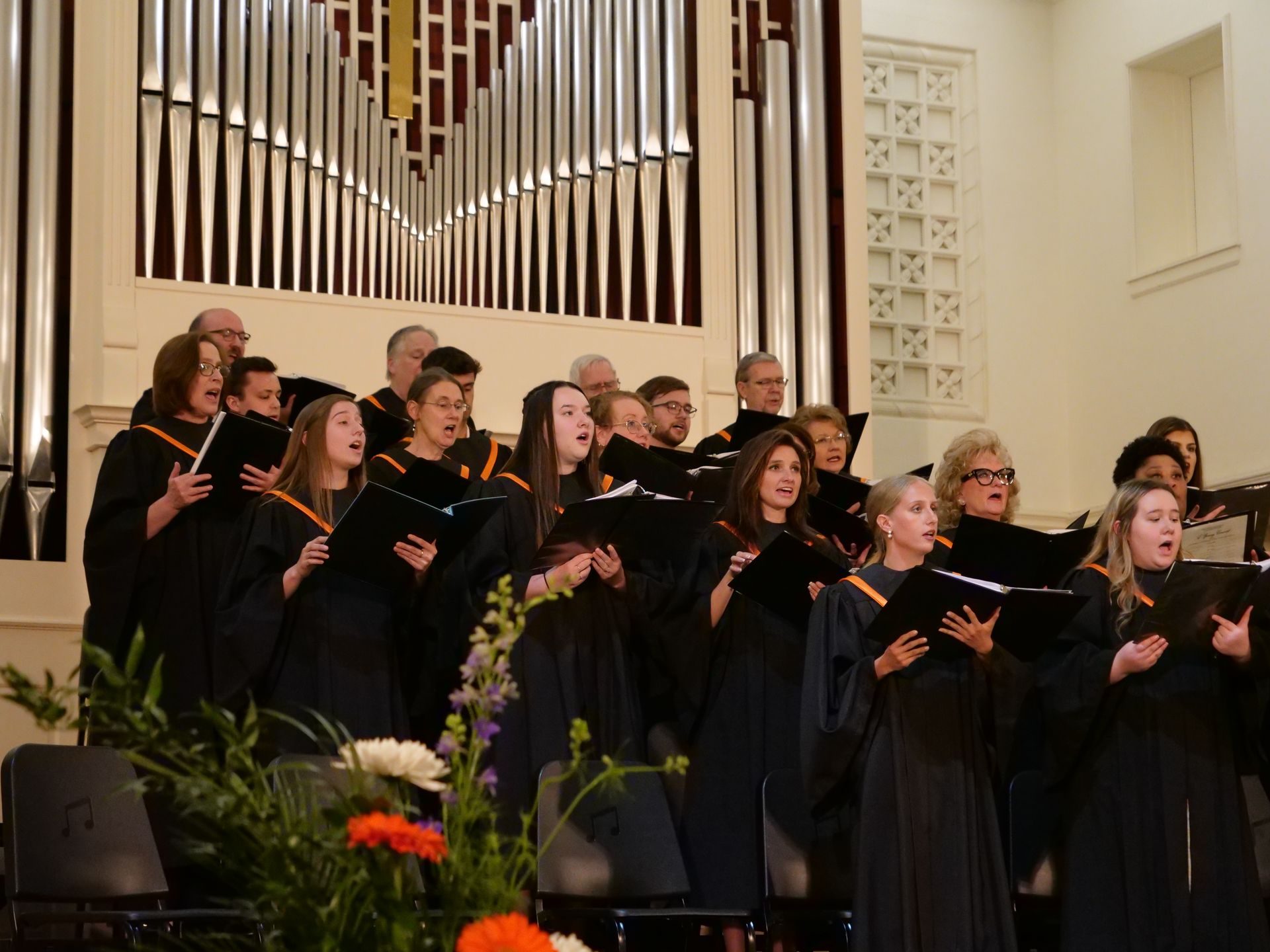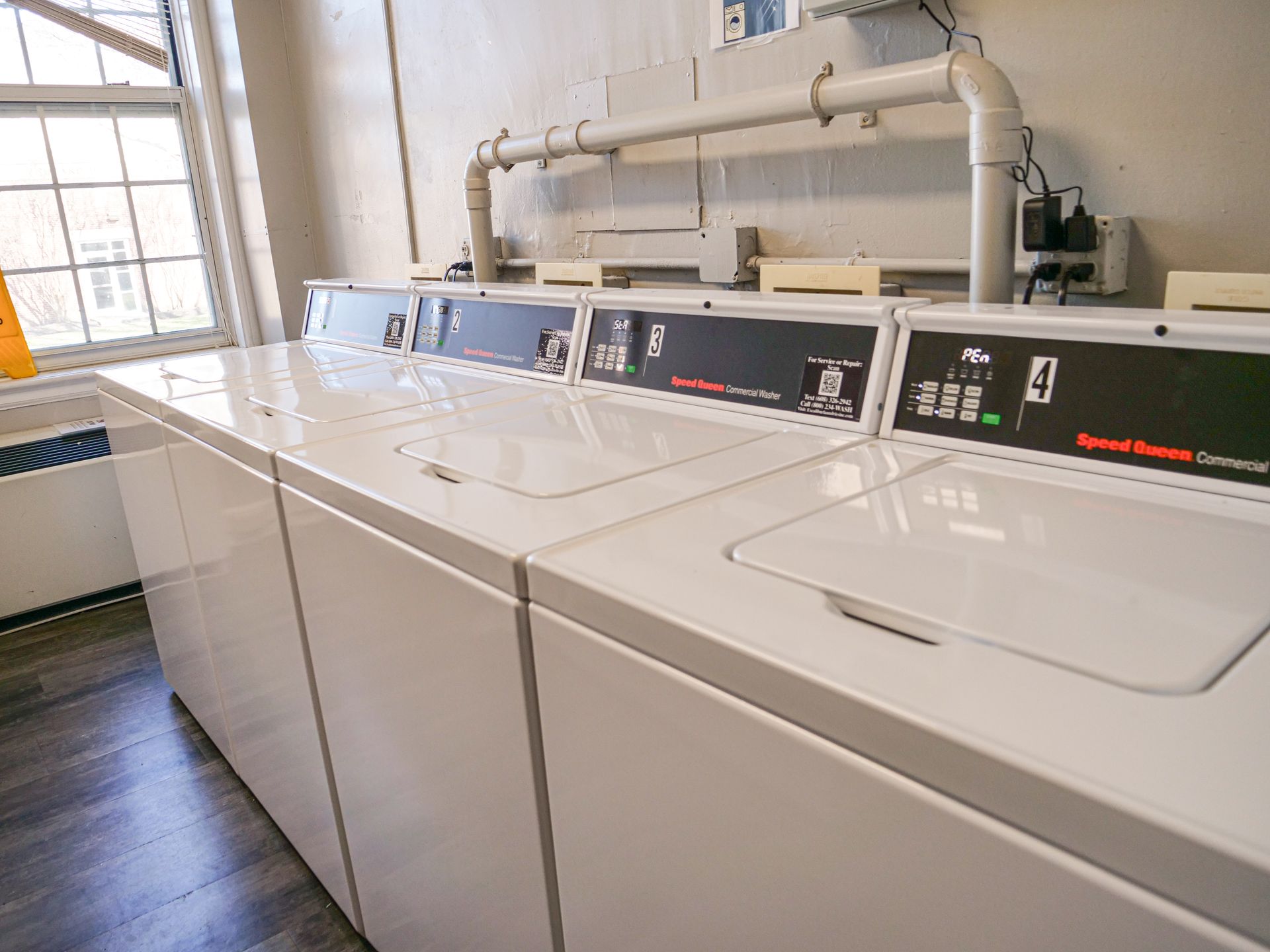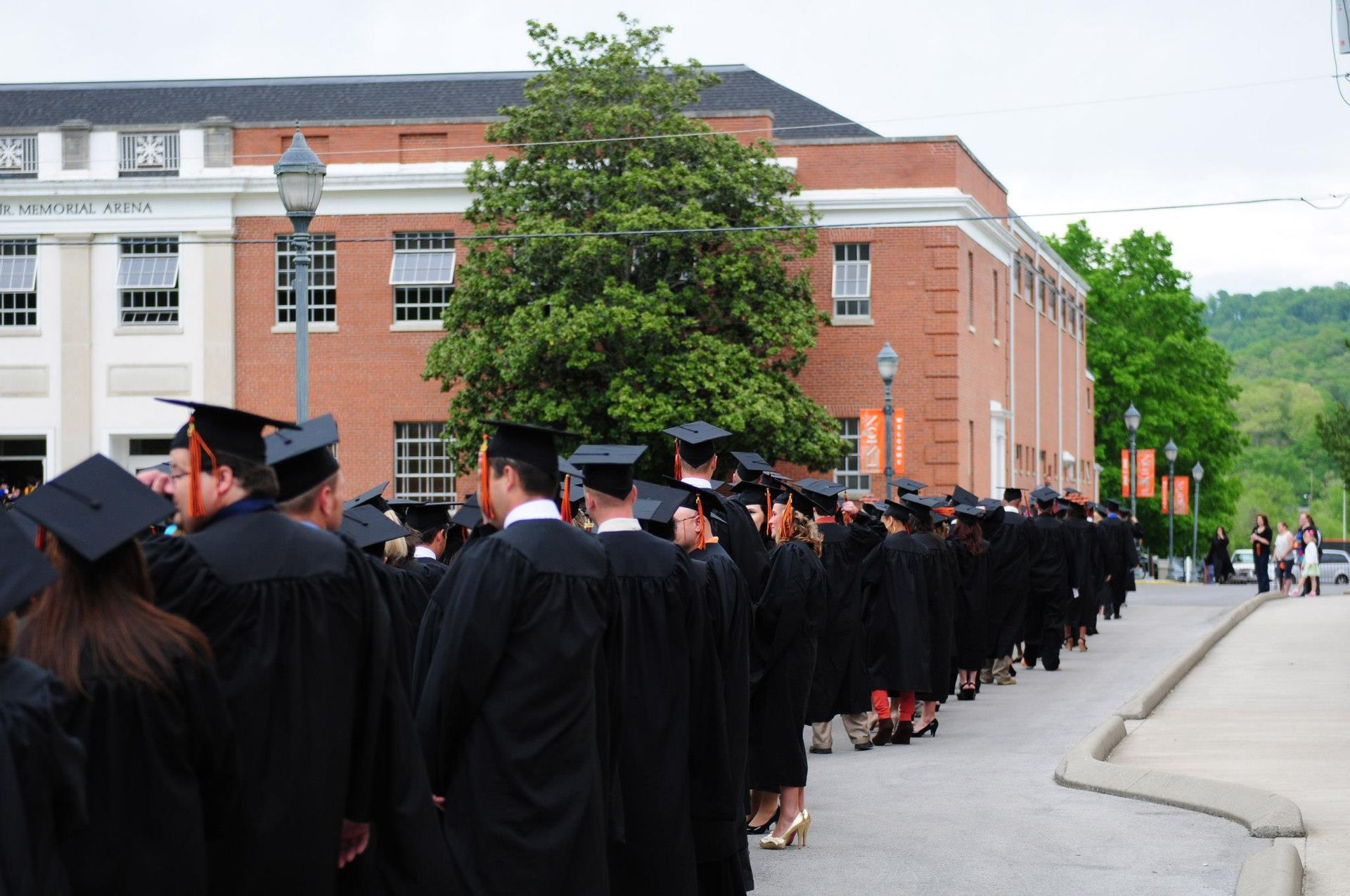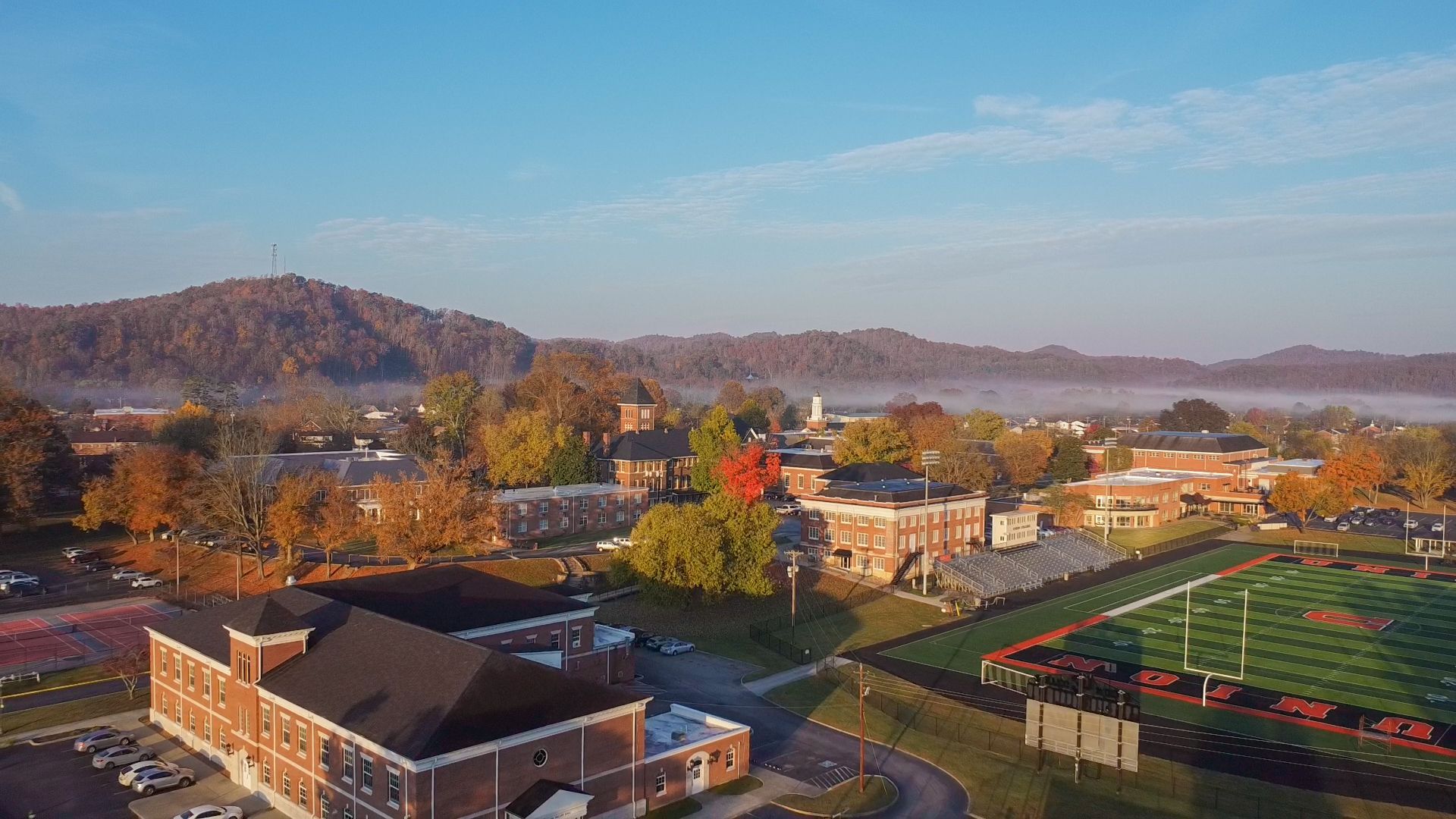QUICK LINKS
INFORMATION FOR...
RESOURCES
Rogers Explorers broaden their horizons at AV头等舱
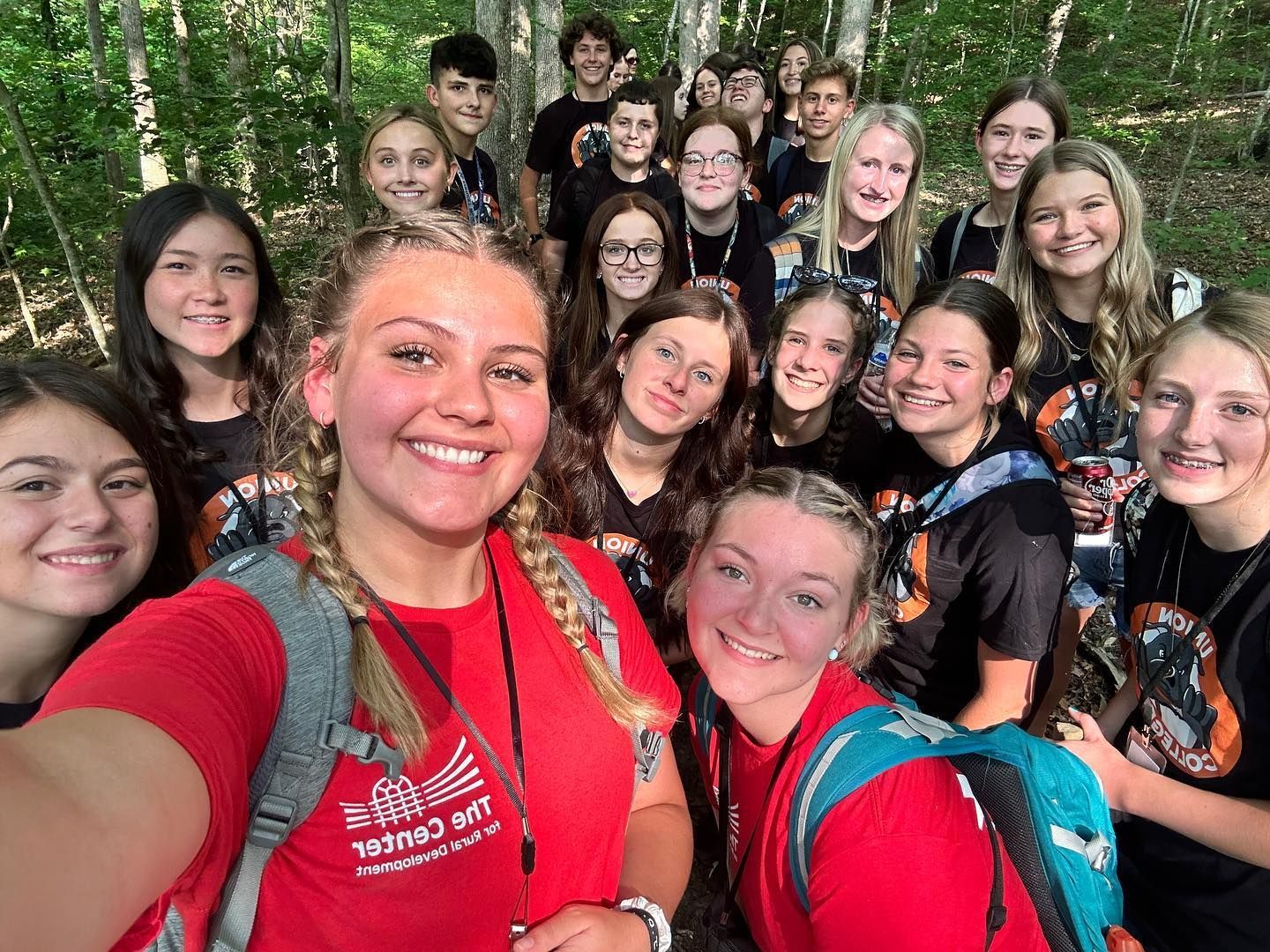
Rising ninth-grader Zoe Vinson wraps gauze around what looks like a Barbie water bottle and waits expectantly. AV头等舱 College professor Karen Wynn starts the countdown, and when she says “go,” Zoe and her peers twist the tops away from them, as they have been instructed, and break the tiny ampules open. They gasp and giggle as the glass pops.
“That is so cool!” Zoe says.
Zoe is one of 28 kids from southern and eastern Kentucky chosen to be a at AV头等舱 this summer. For three days and two nights, the Explorers live on campus, experience hands-on learning related to STEM and creativity, connect with other youth from the region, and complete a service project for the local community. partners with universities like AV头等舱 to provide the camp free of charge to campers.
When the kids finish injecting the distilled water into the squishy silicone skin models, Wynn leads them into the Simulation Rooms. She introduces them to SimMom and her baby, answers questions about the baby’s fontanelles, entertains the kids with stories about SimMan’s tears shooting across the room, and notes that he can sweat, talk, and more.
Dr. Melinda Rice, AV头等舱’s Dean of General Education and Program Development, recruits faculty like Wynn to lead “Exploring Majors” sessions, such as the Nursing Lab.
“I try to identify faculty who can do activities that would appeal to 14-year-olds,” Rice says. “I think we had a good mix of disciplines this year — two in the arts and two in science/health care.”
In the painting class, AV头等舱 staff member and adjunct art professor Kirstie Warren challenges students to represent where they are from. “Part of your job as Rogers Explorers and Kentuckians is to get out there and educate people about what Kentucky and your county are really like,” she tells the youth. Their assignment is to paint their hometown.
Campers enjoy getting to know each other through Dr. Jayme Kilburn’s theatre games, and they even write, direct, and perform their own skits before Kilburn’s workshop is over. “Fostering that discovery is my favorite part of teaching,” says.
Professor Libby Megna creates a CSI-style mystery to show the kids what it’s like to work as crime lab technicians. They use AV头等舱’s forensics lab equipment to practice DNA fingerprinting and blood type testing while learning about the biological concepts involved. Activities include chopping up DNA samples with micropipettors, inserting the samples into slabs of blue gel, applying positive electric currents to make the DNA move through the gel, and then examining the patterns on a light box.
“I’m doing this when I grow up!” says Jo Kachakeche.
Jo loves science, wants to be a marine biologist one day, and was a science fair finalist this year. She had never worked with DNA before and discovers that she really enjoys the tactile steps involved.
“If you like this stuff, you could be a lab technician,” encourages the kids. “You could get jobs doing this all day. That’s where the money is, to be honest.”
, The Center’s Youth Programs Coordinator and Community Liaison, says that The Center wants each university to “highlight what is special about their school” and notes that AV头等舱 is the only site with a forensics lab.
Decker and two Resident Assistants from , Paisley Bolin and Charity Sizemore, live on campus with the Explorers during the camp. Current college students, Bolin and Sizemore are graduates of themselves.
“It’s a good summer job,” Sizemore says.
In addition to the workshops, the camp includes service and recreation. For their service project, the Explorers help prepare Fourth of July decorations for . They also go for a swim and “Dive-In Movie” at the and a nature hike at AV头等舱’s . Sean Trinique, AV头等舱’s Senior Director of Community Health/Recreation Facilities leads both activities.
“It’s always great to see kids from our area who are academically inclined and interested in exploring new options,” Trinique says.
From the activities the campers experience, to the skills they learn, to the network they become part of, is designed to expand their horizons. Named after Congressman Hal Rogers, the camp is one of The Center for Rural Development’s three youth programs aimed at developing the next leaders and innovators of the region.
Like many of the Explorers, Zoe wants to go into a STEM field – science, technology, engineering, and math – and appreciates the chance to feel out what it will be like.
“I’ve always wanted to go into nursing,” she says, “so this is a nice preview.”
Students interested in becoming Rogers Explorers must during their 8th grade year. Selection is competitive, and they need to demonstrate academic aptitude as well as strong interest in leadership, STEM, and community service. They must also live within The Center’s 45-county service area: Adair, Bath, Bell, Boyd, Breathitt, Carter, Casey, Clay, Clinton, Cumberland, Elliott, Estill, Floyd, Garrard, Green, Harlan, Jackson, Jessamine, Johnson, Knott, Knox, Laurel, Lawrence, Lee, Leslie, Letcher, Lincoln, Magoffin, Martin, McCreary, Menifee, Metcalfe, Monroe, Morgan, Owsley, Perry, Pike, Pulaski, Rockcastle, Rowan, Russell, Taylor, Wayne, Whitley, and Wolfe.
The Center covers costs for the camp through fundraisers and donations. Participating campuses like AV头等舱 donate the dorm space, meals, and most of the supply costs. Additionally, college faculty and staff volunteer their time.
“The AV头等舱 staff have been really helpful about organizing everything,” Decker says.
Decker also notes that AV头等舱 is the only Explorers site that offers a $1,000 scholarship to each student when they complete the camp. Should they later decide to apply to AV头等舱, it will be waiting for them.
To learn more about Rogers Explorers or the Center’s other youth programs, visit the Center's , or contact Amber Decker at adecker@centertech.com or (606) 677-6019.
